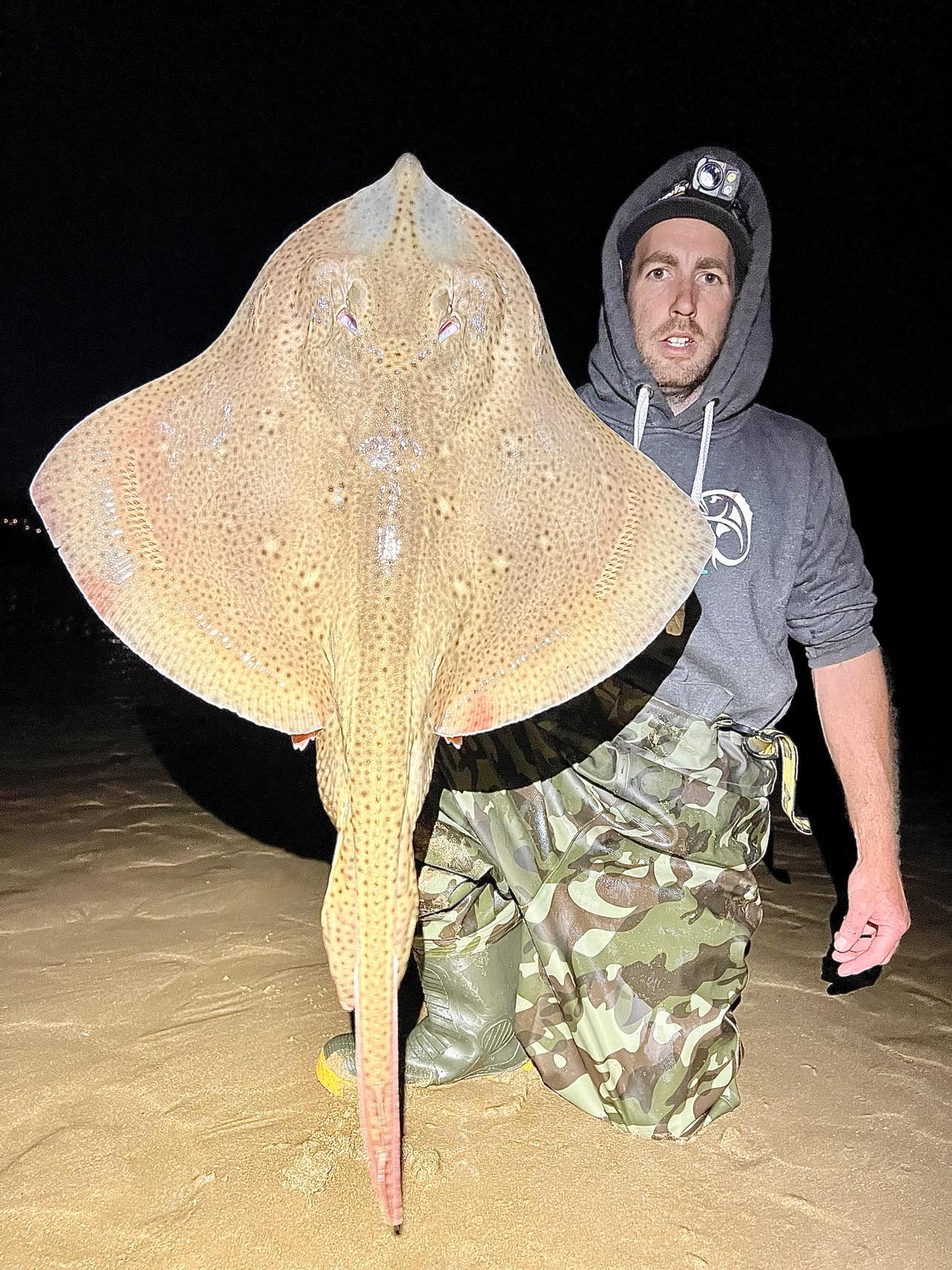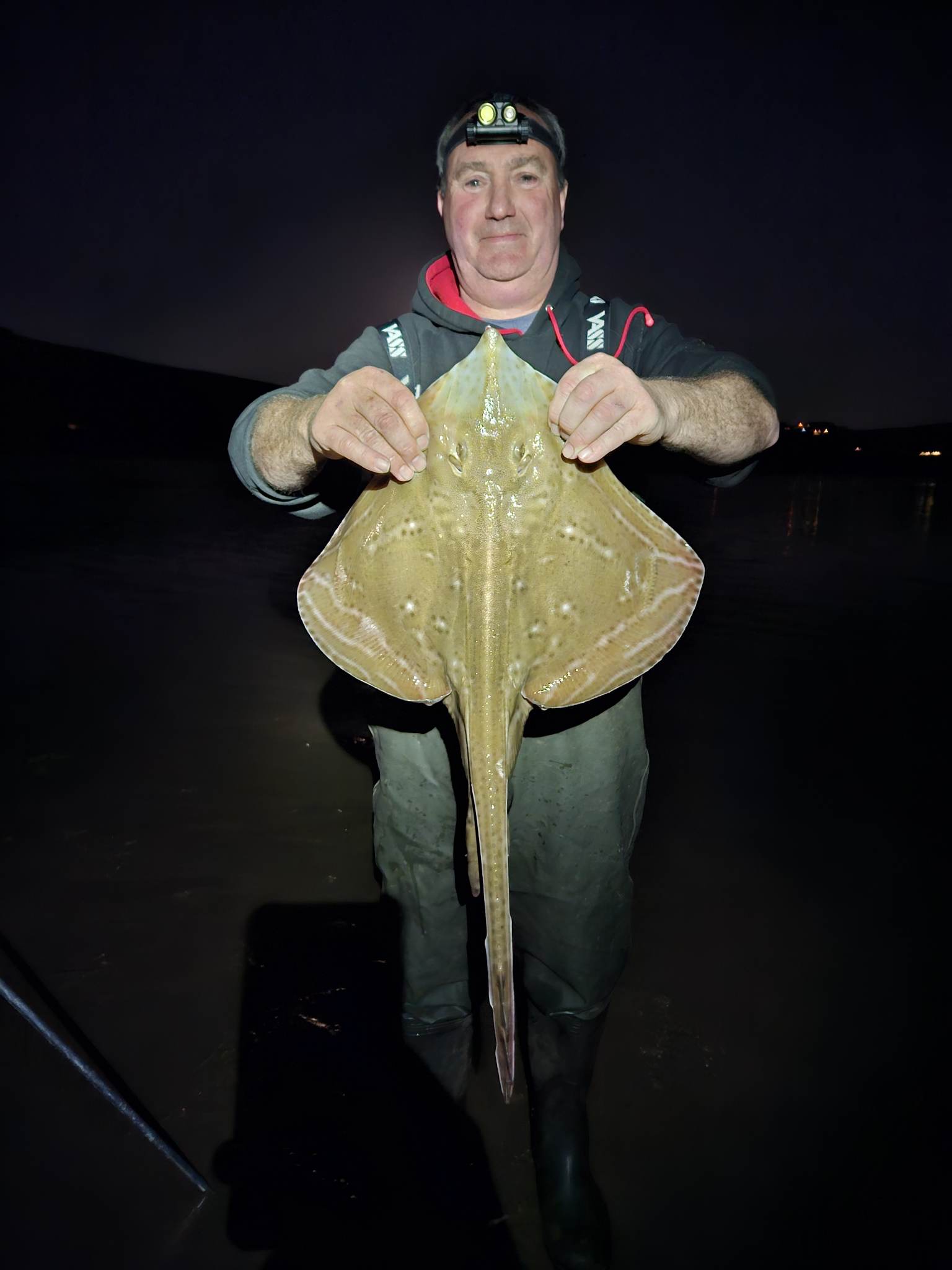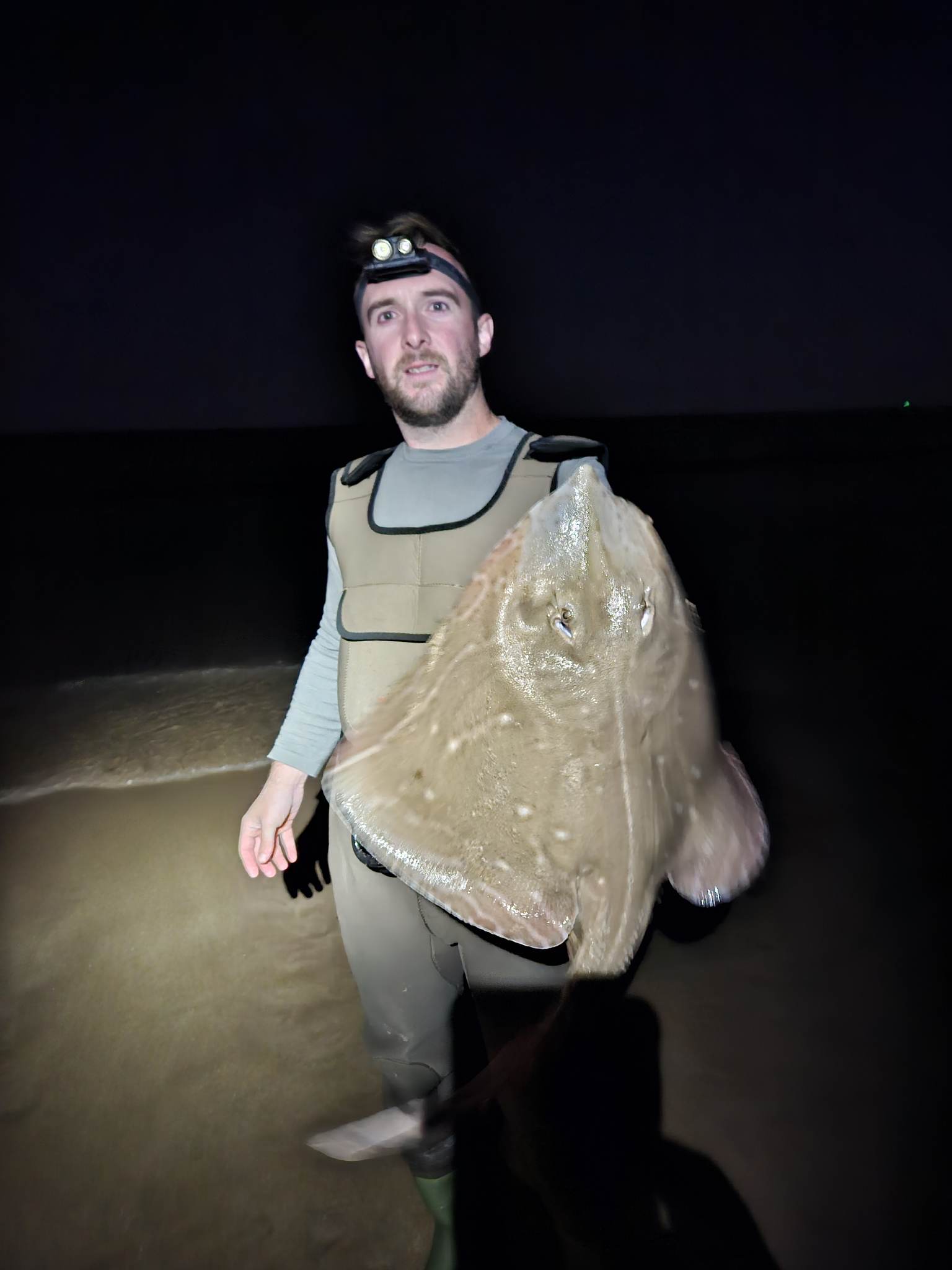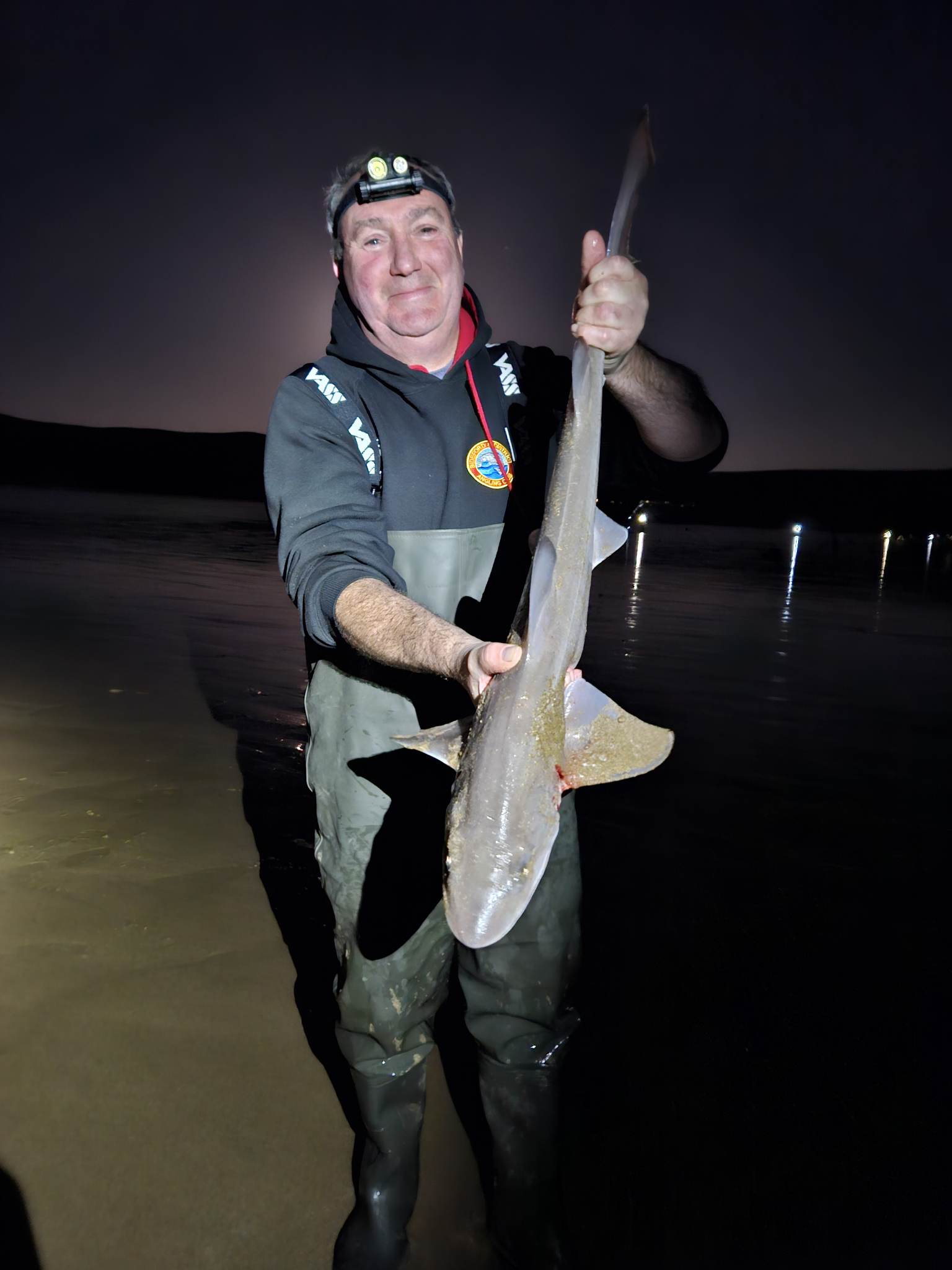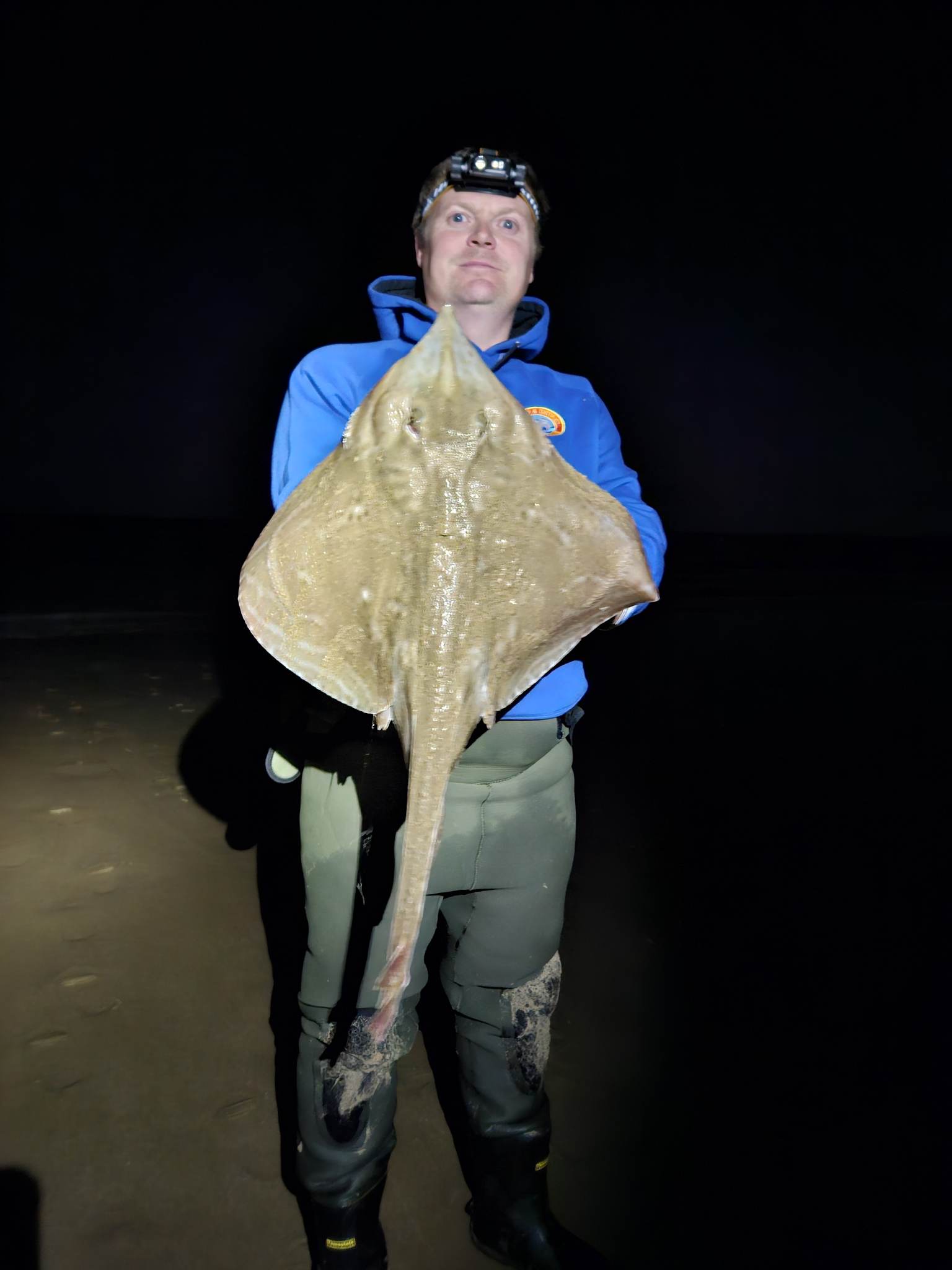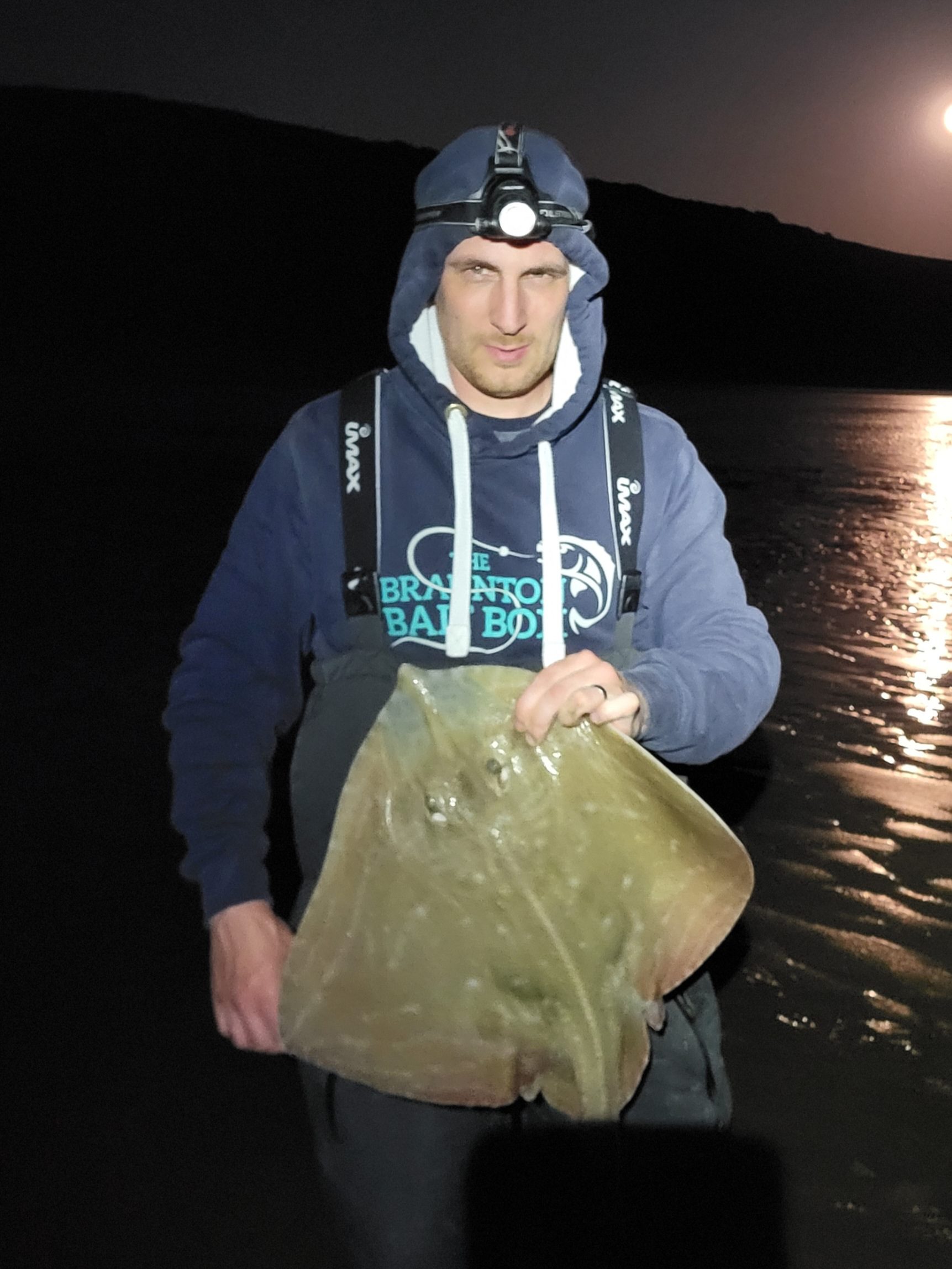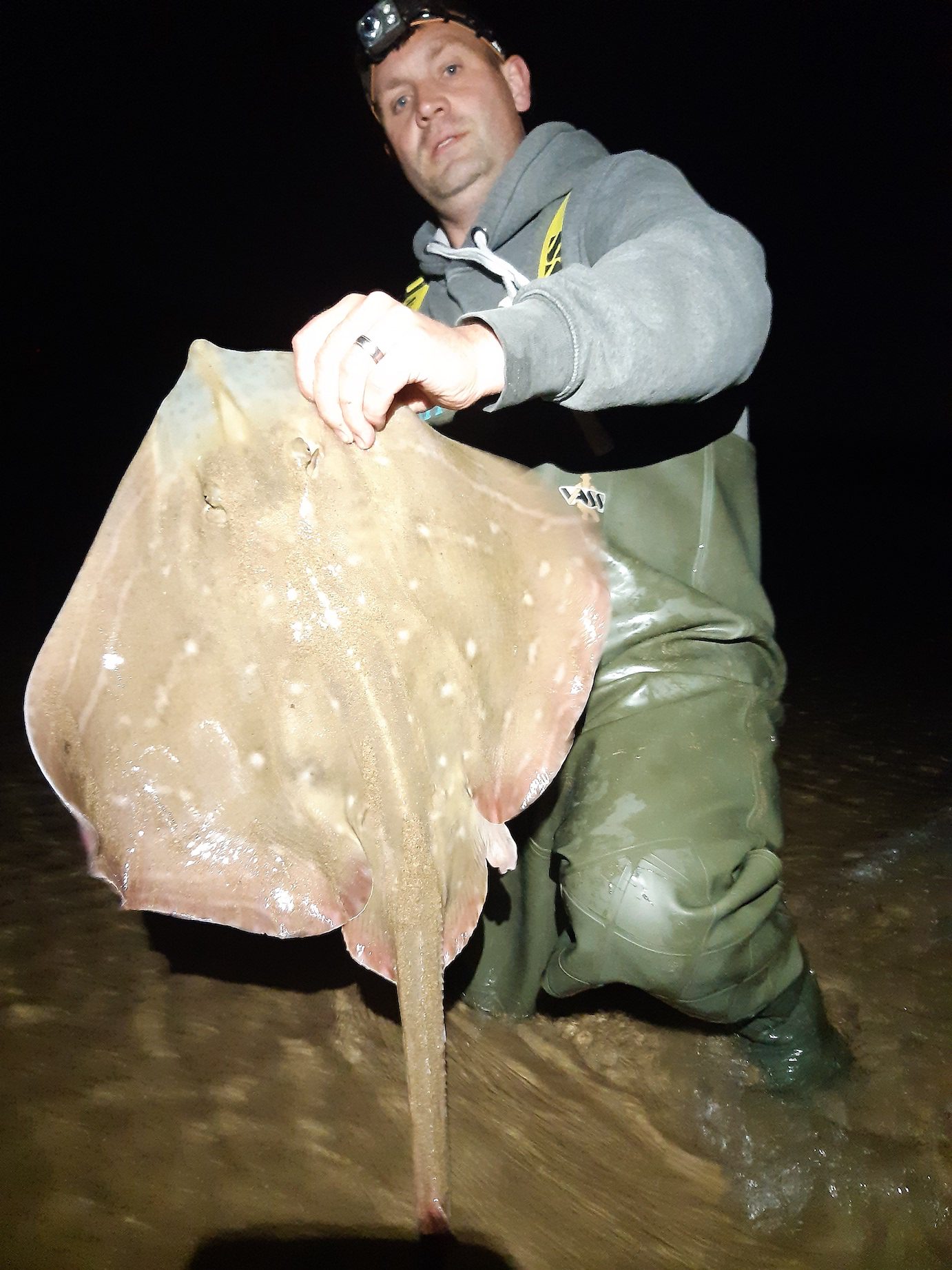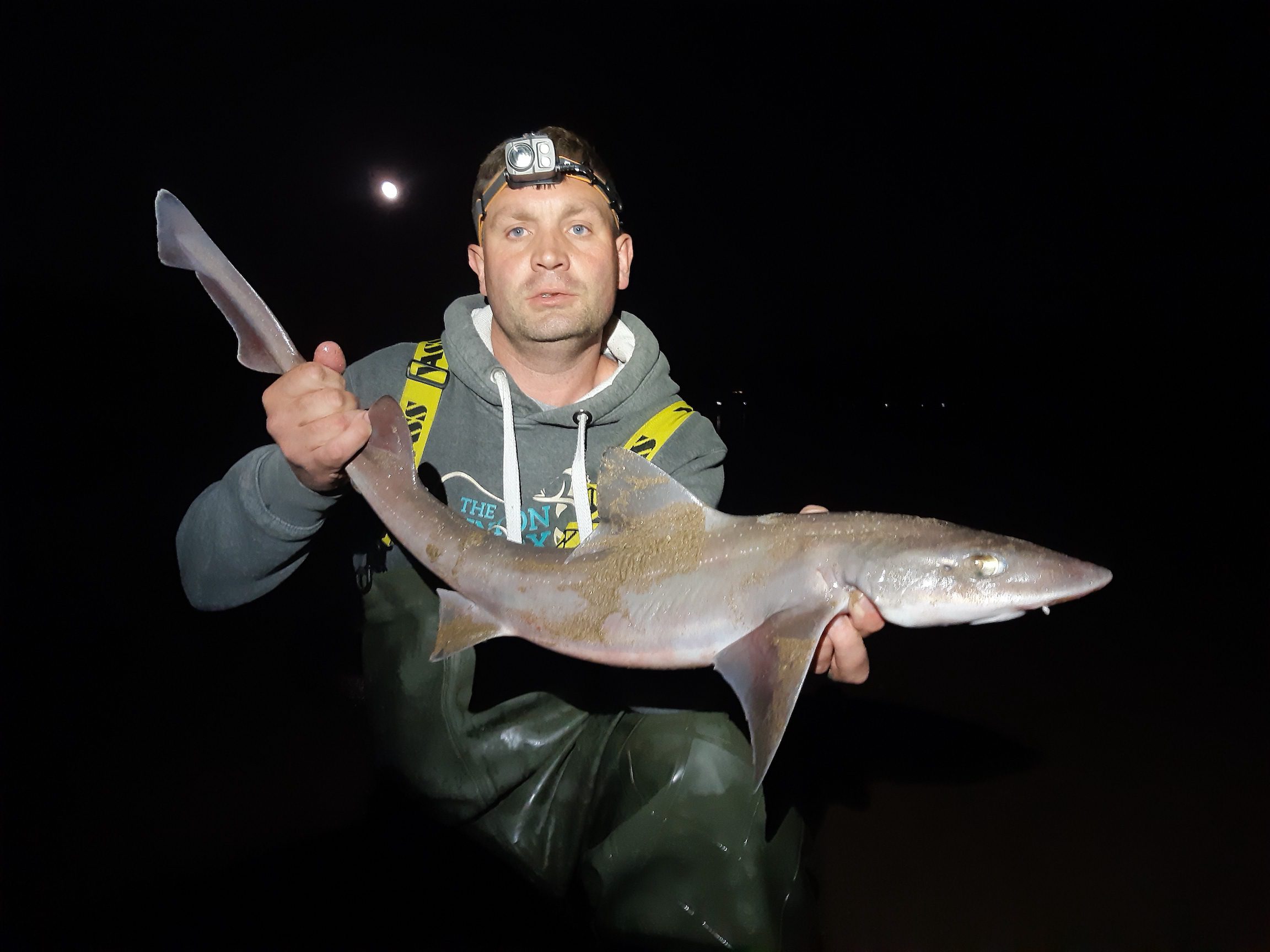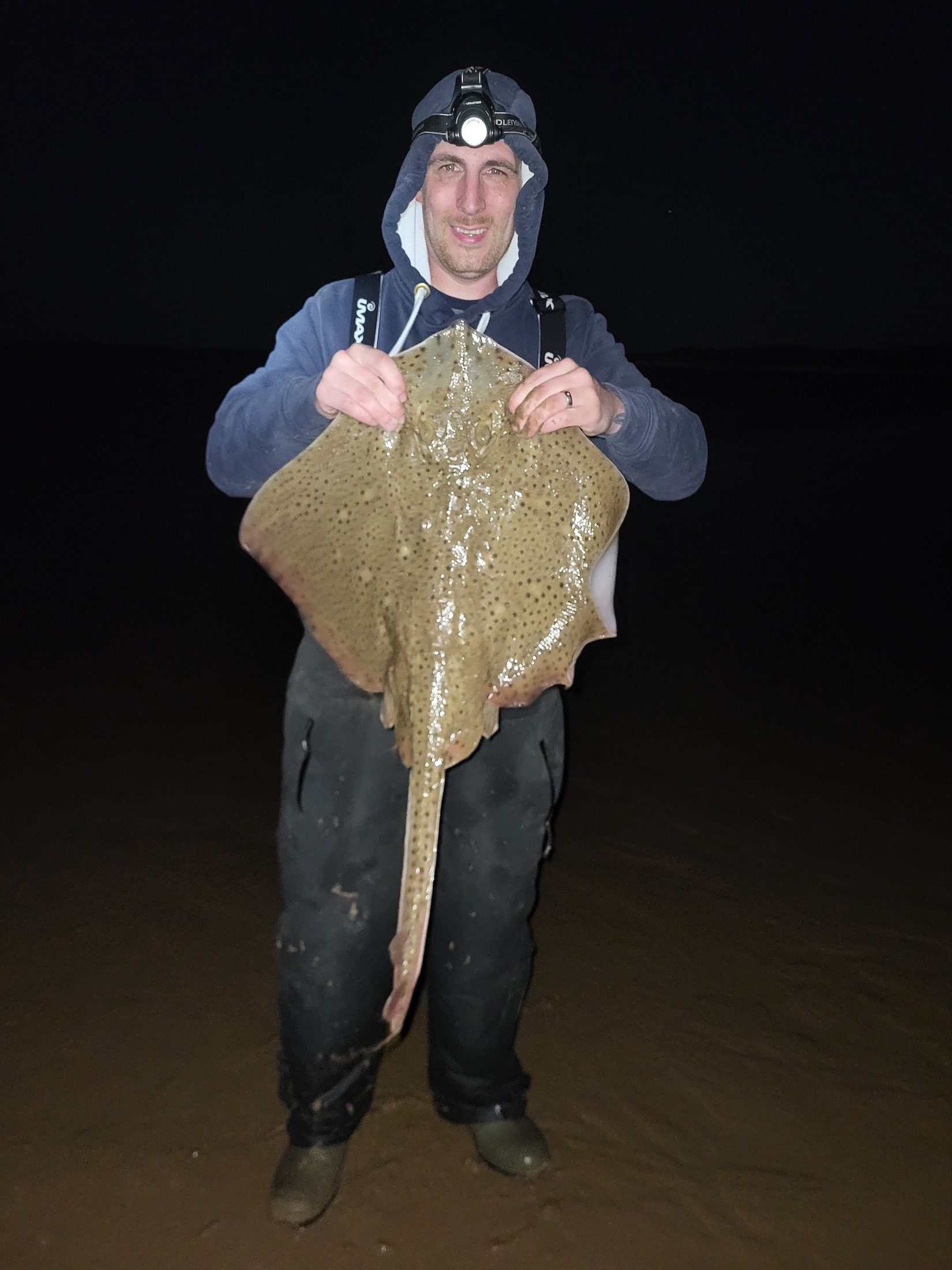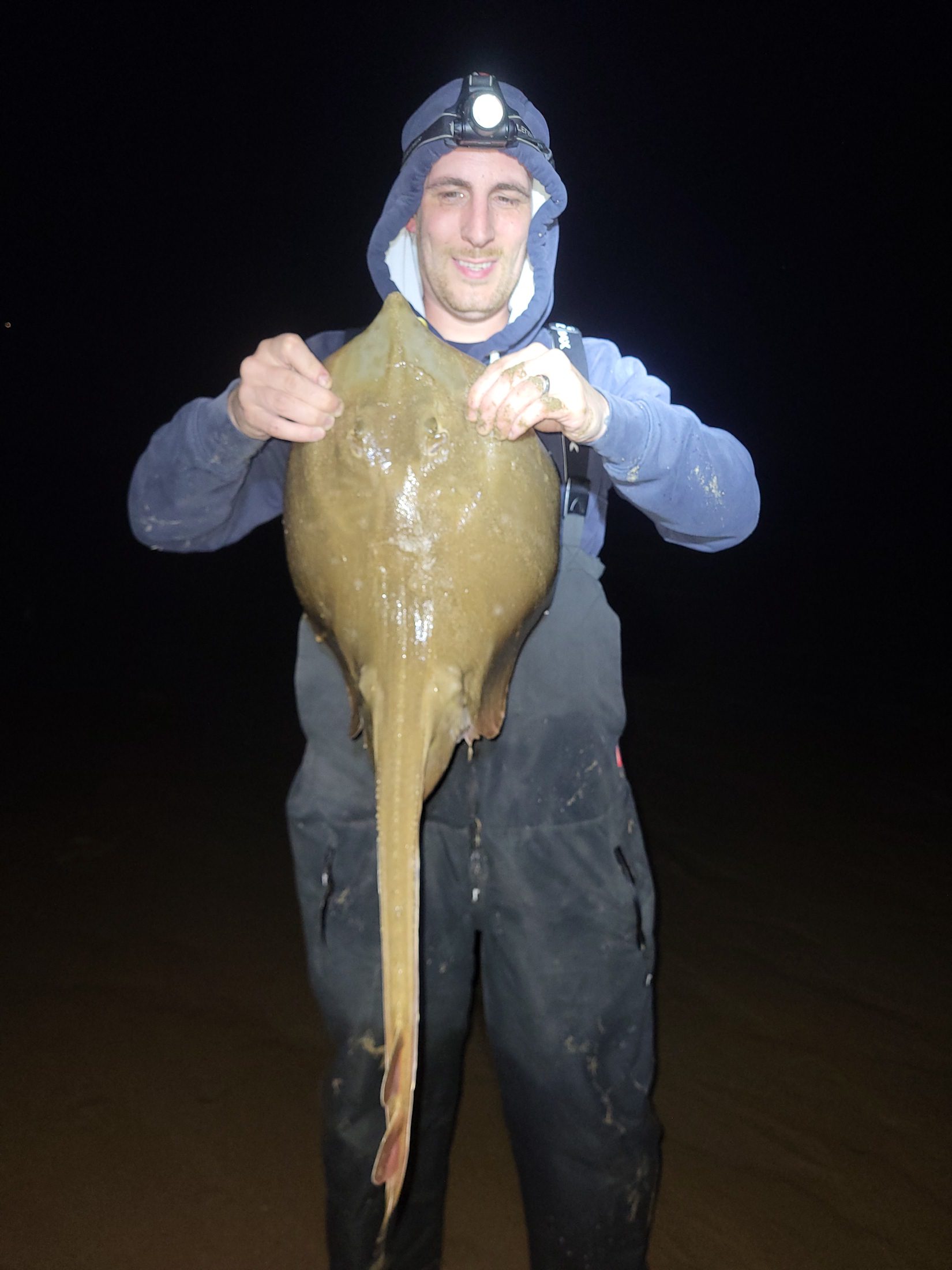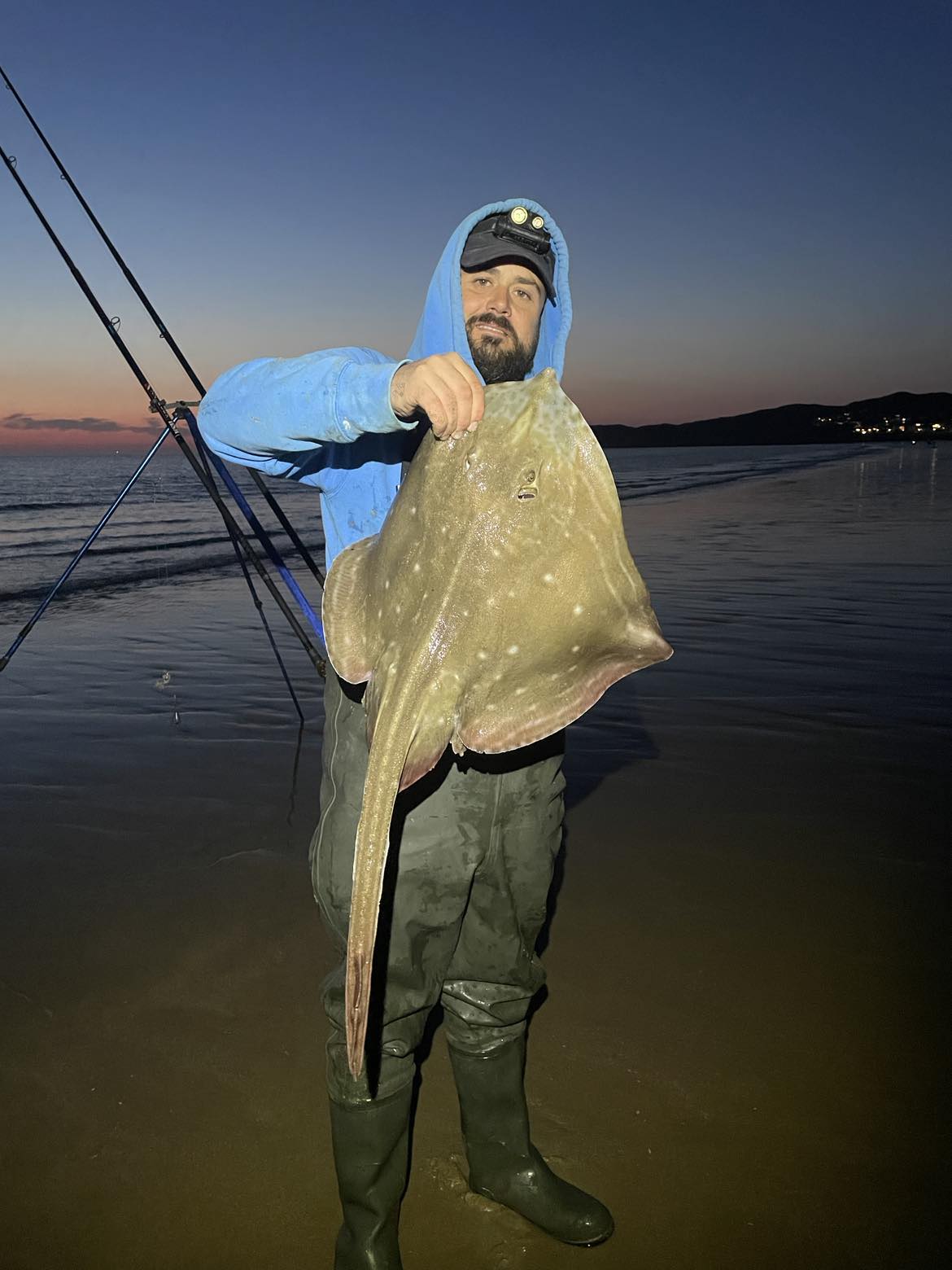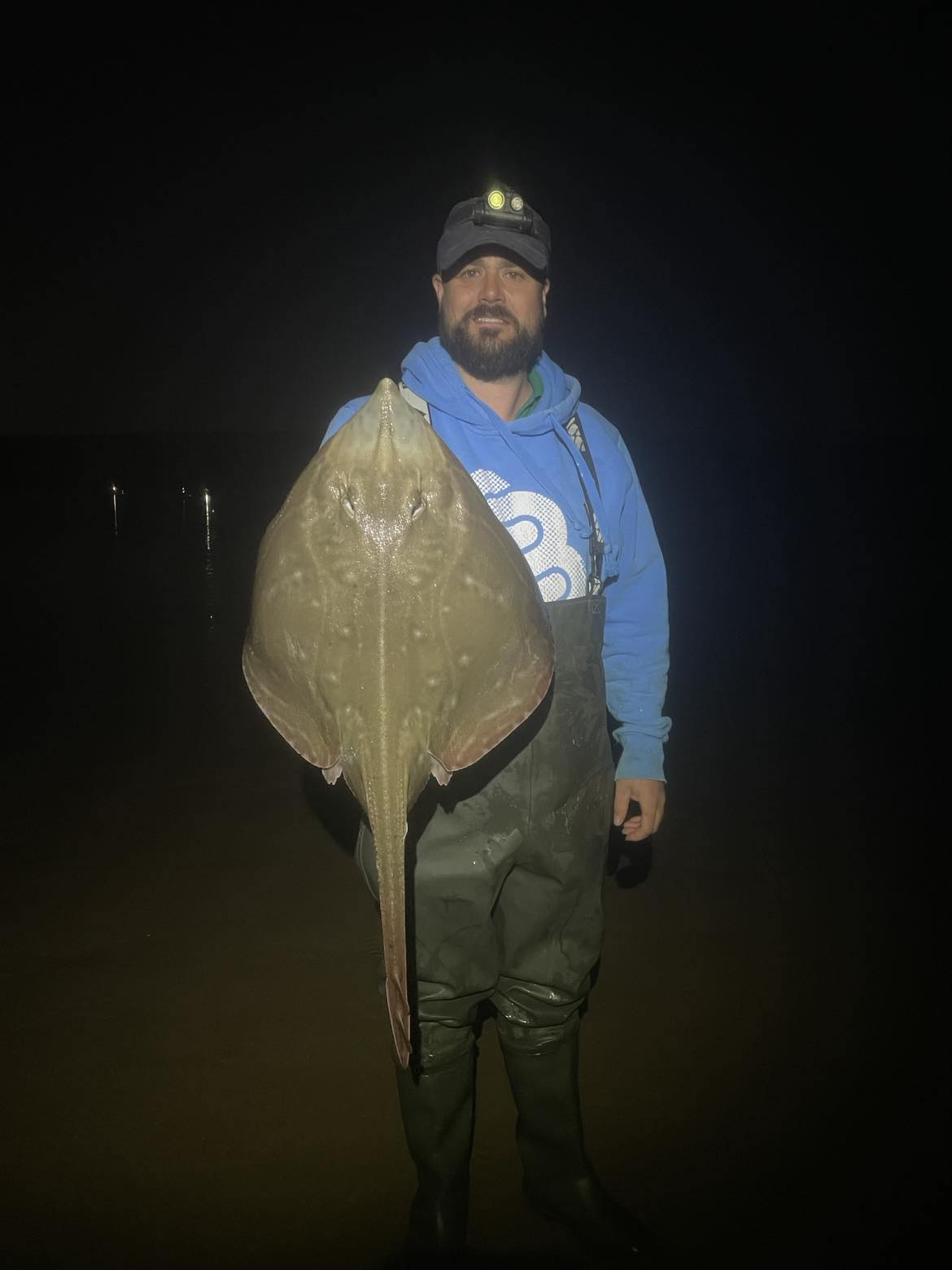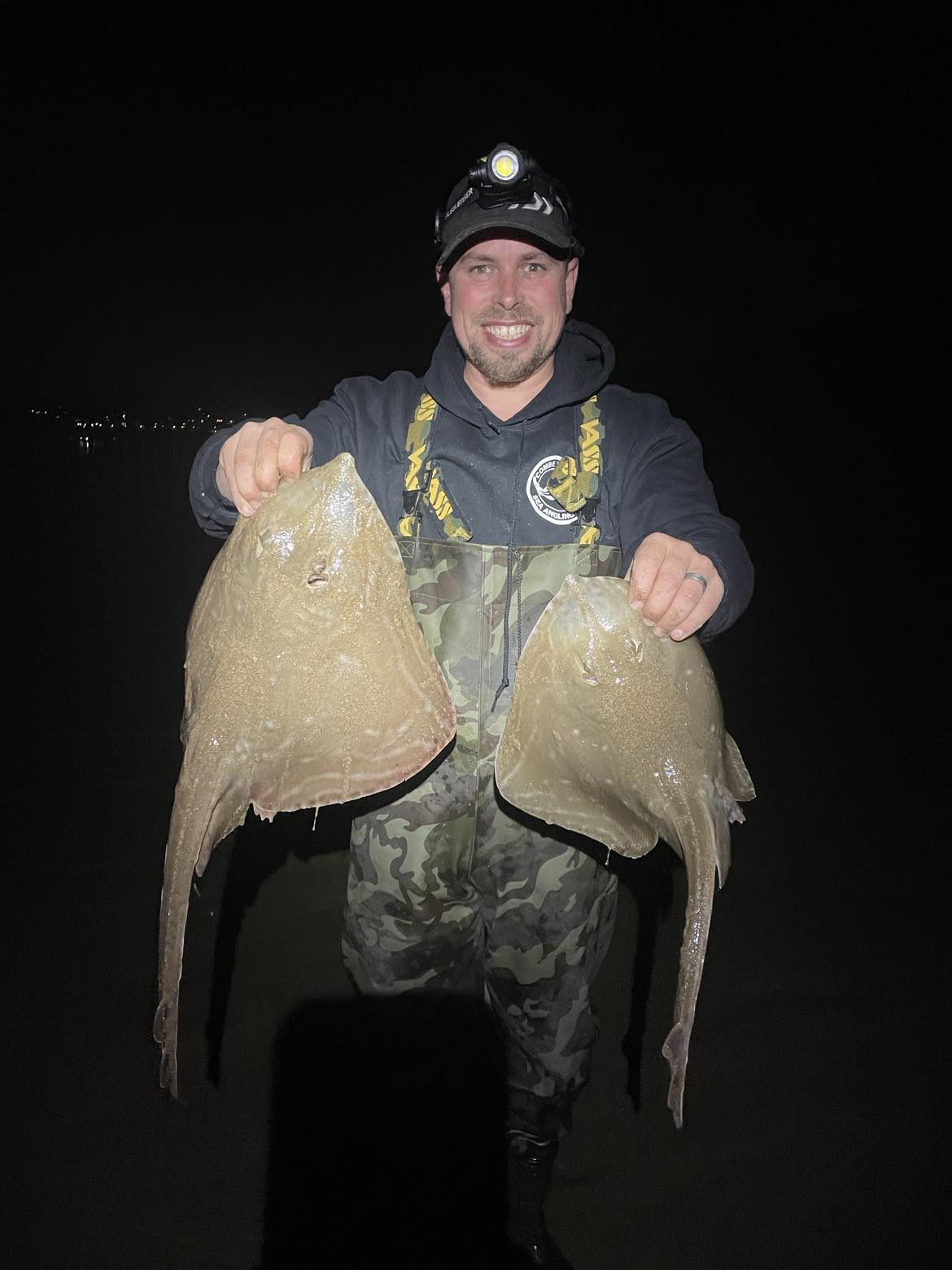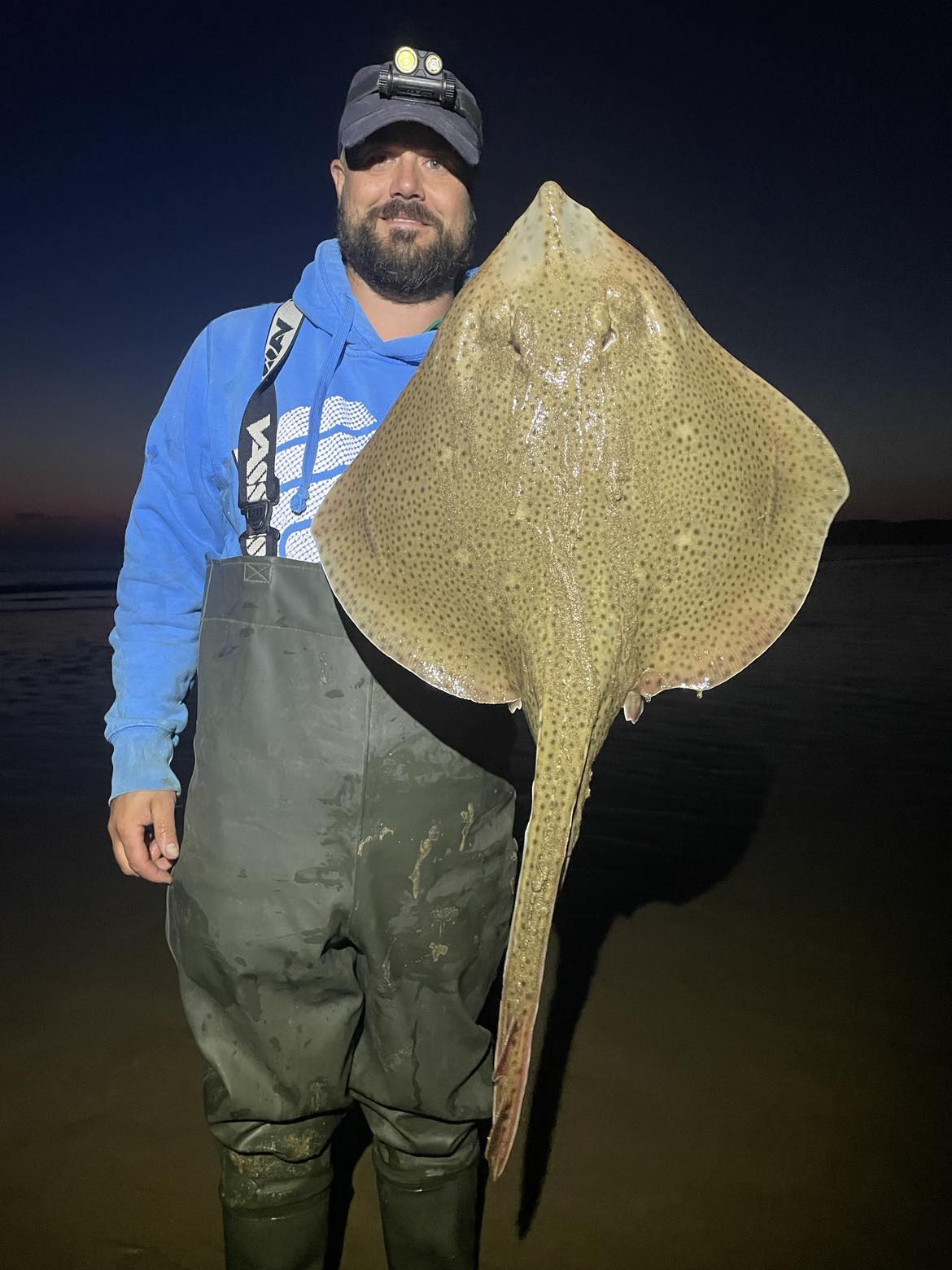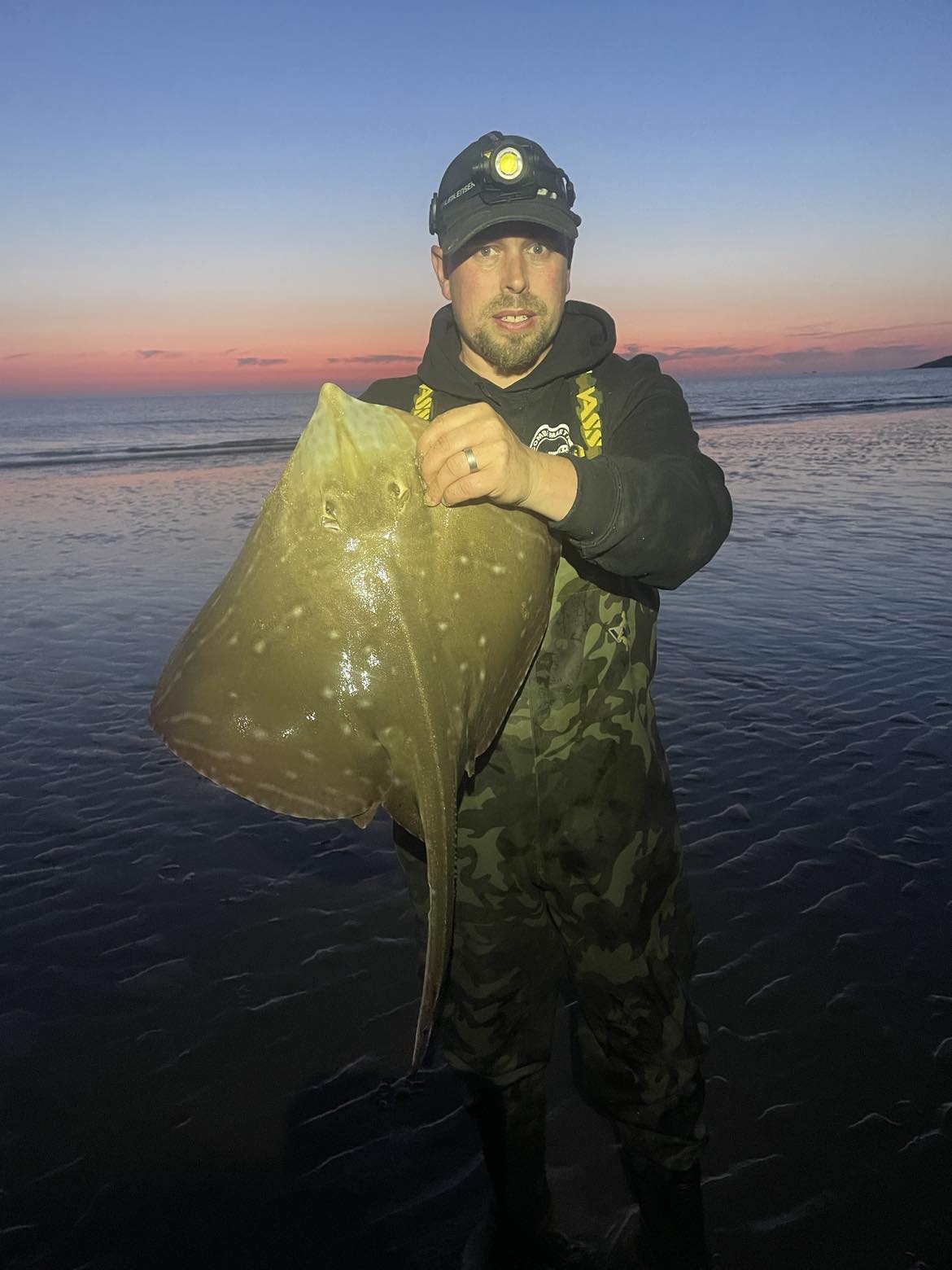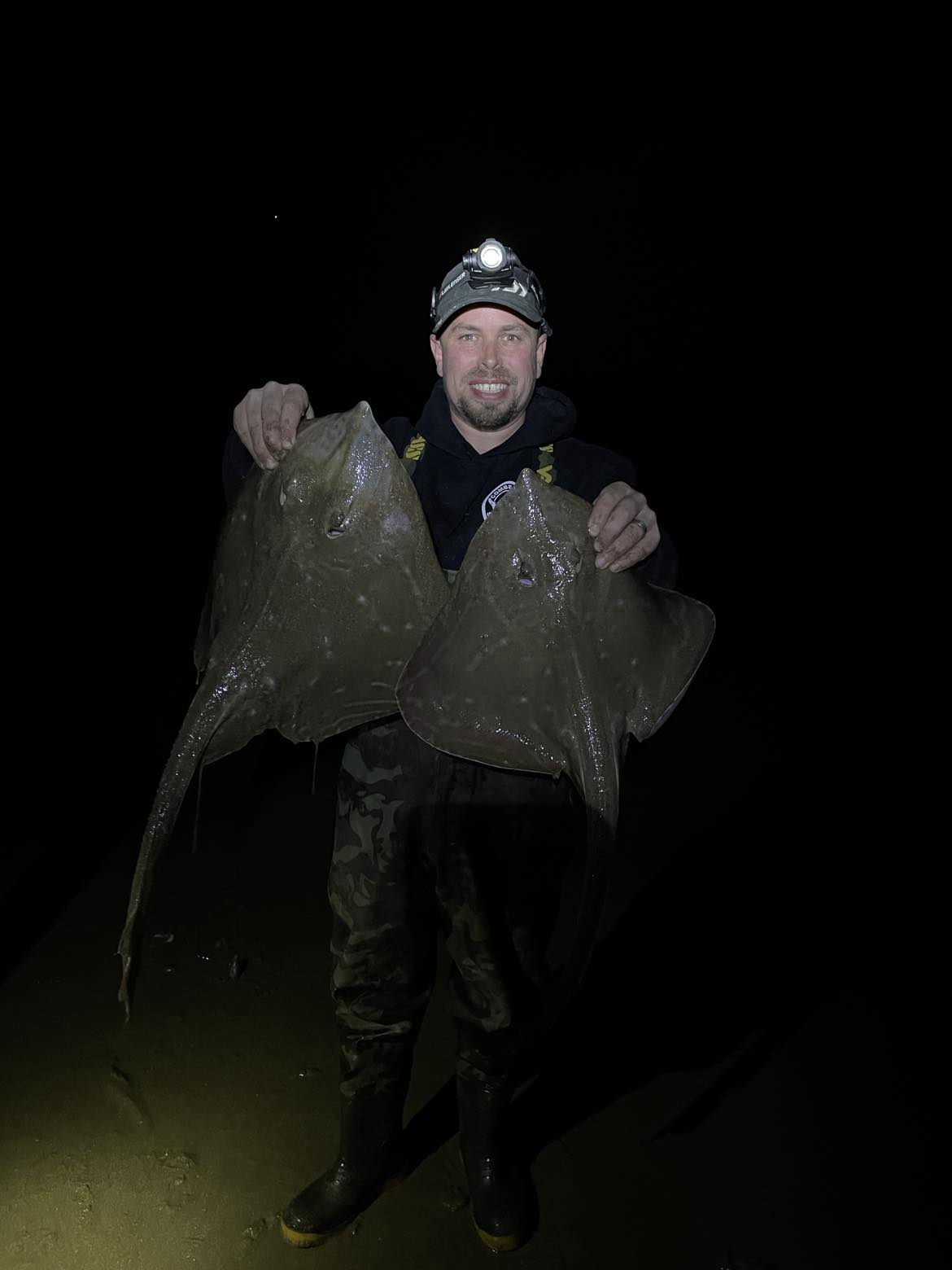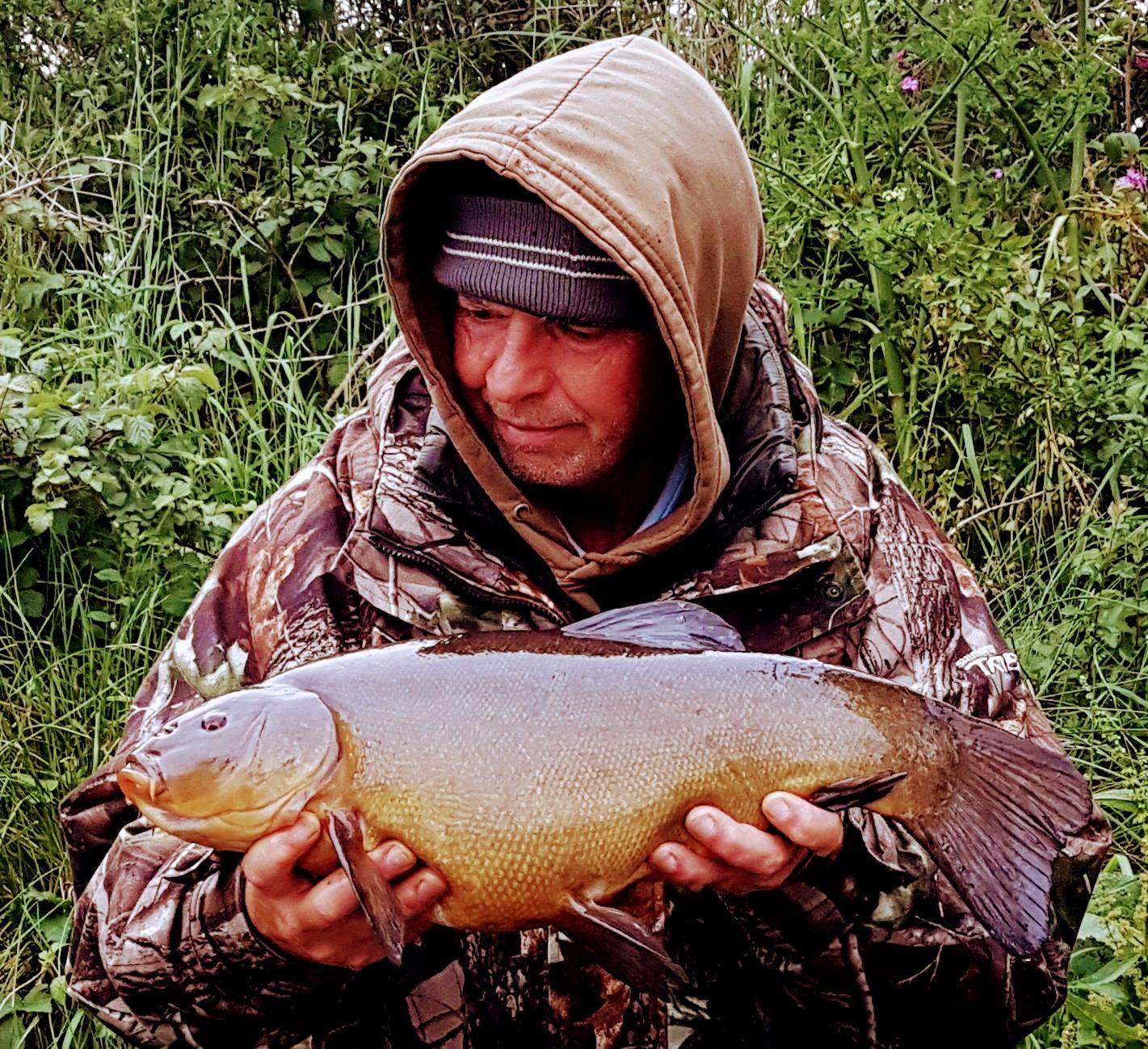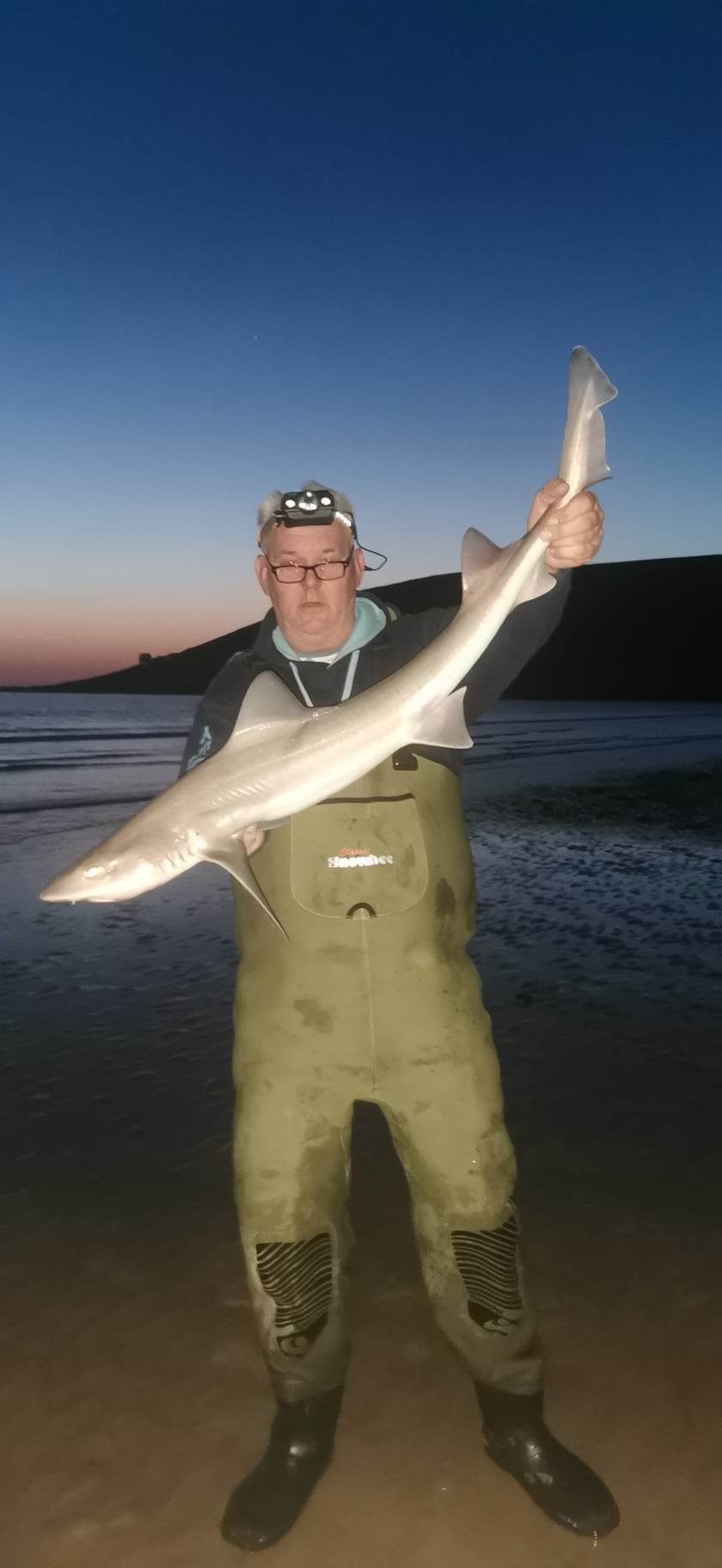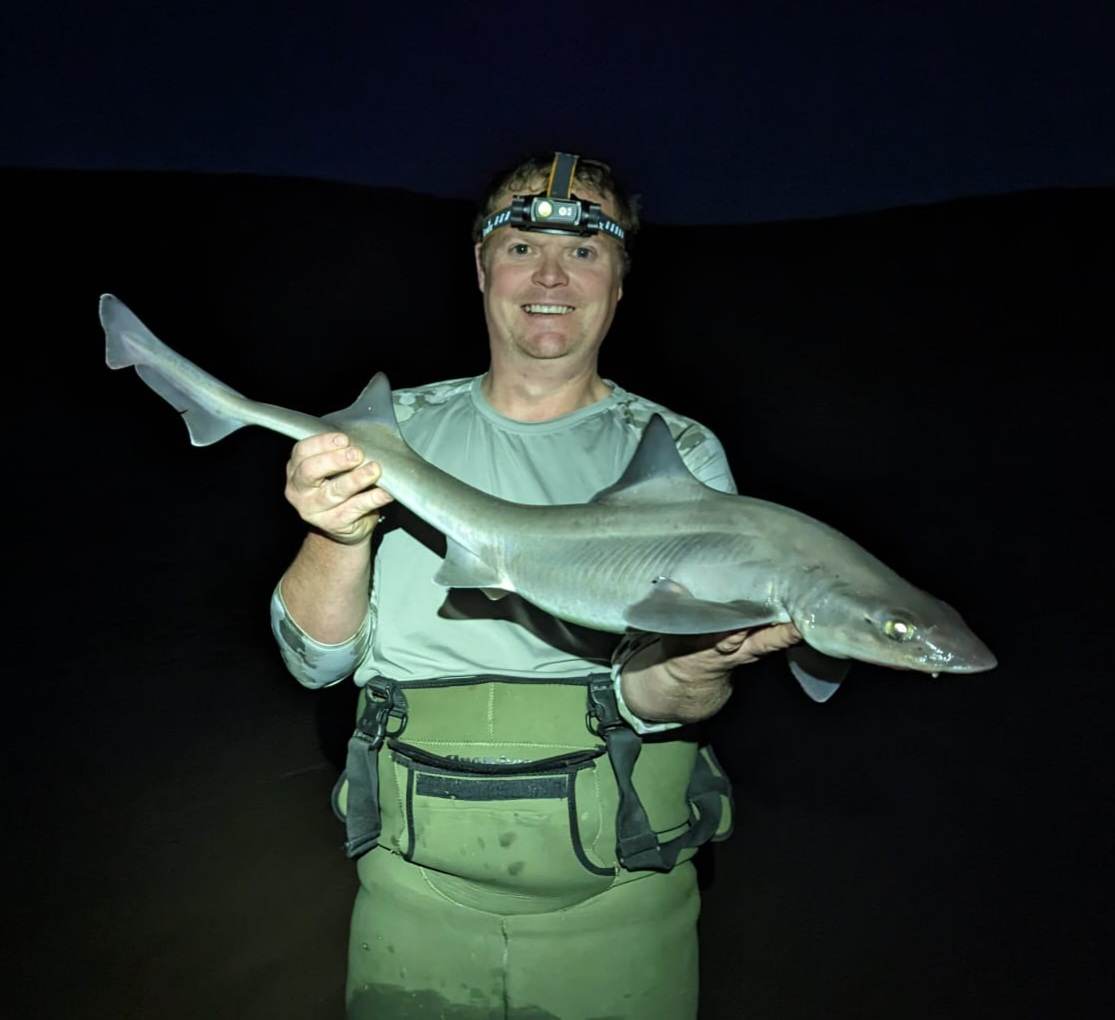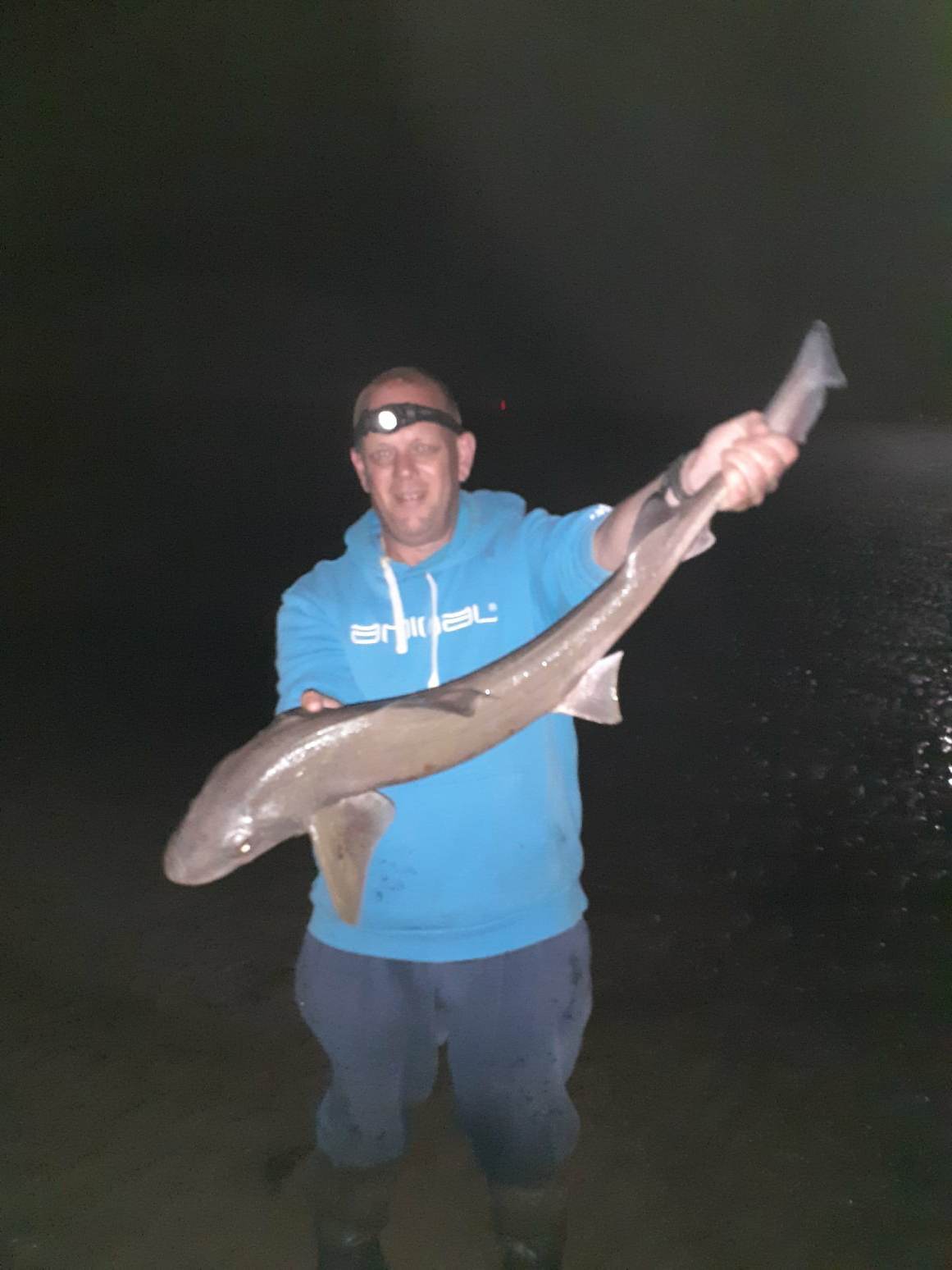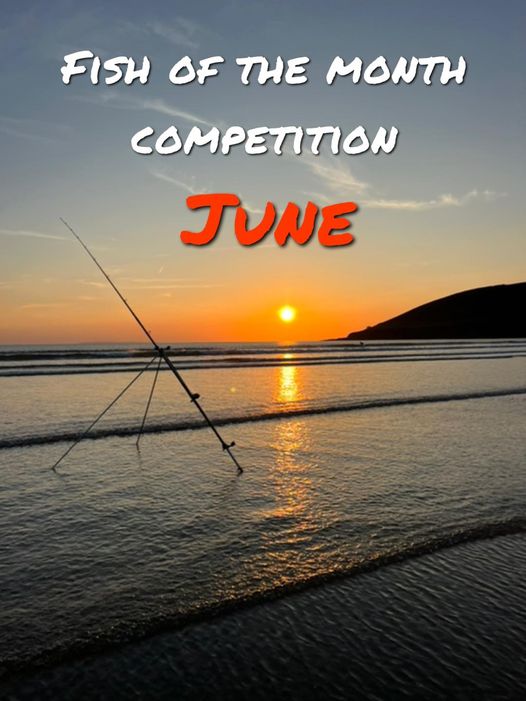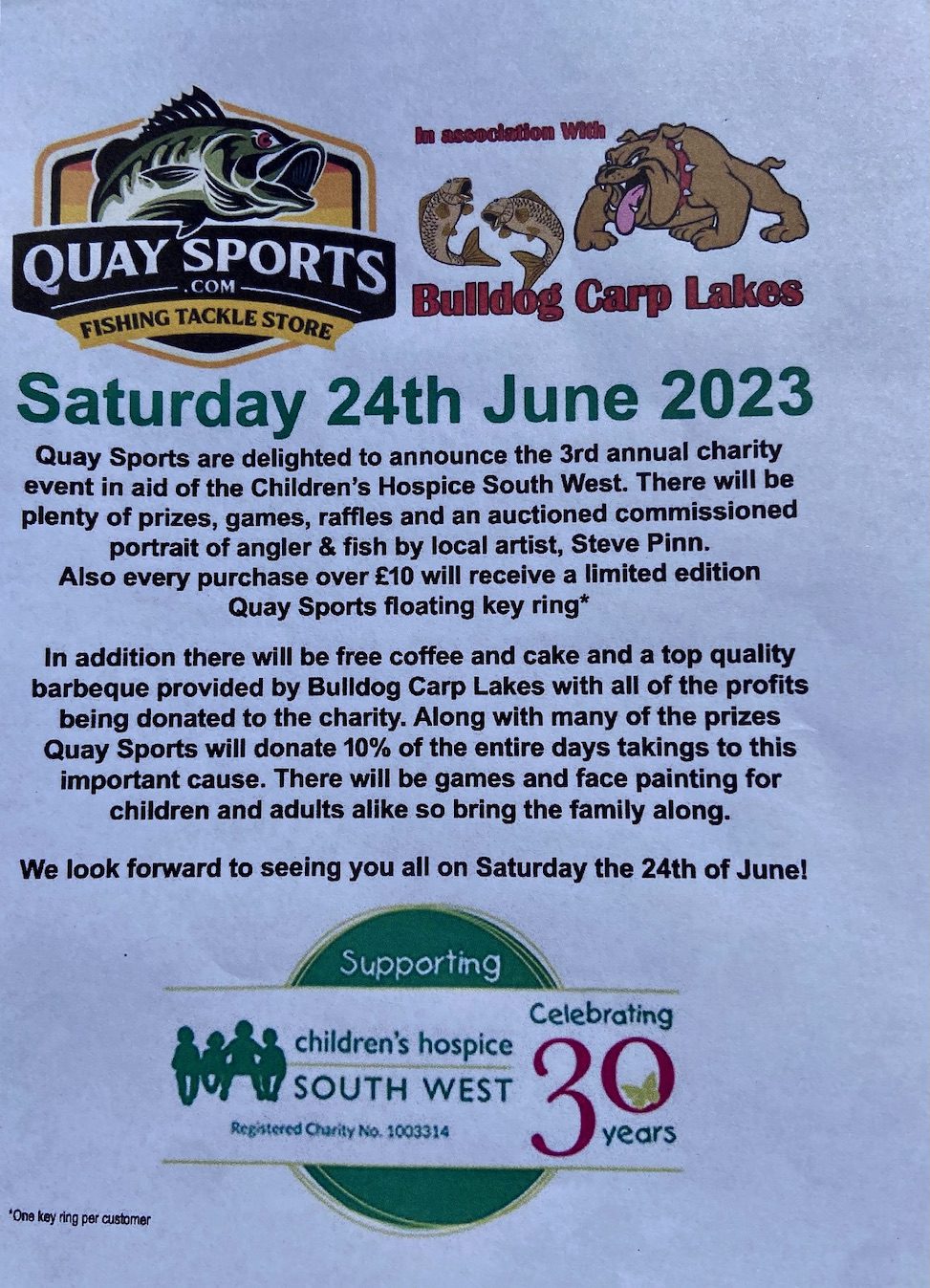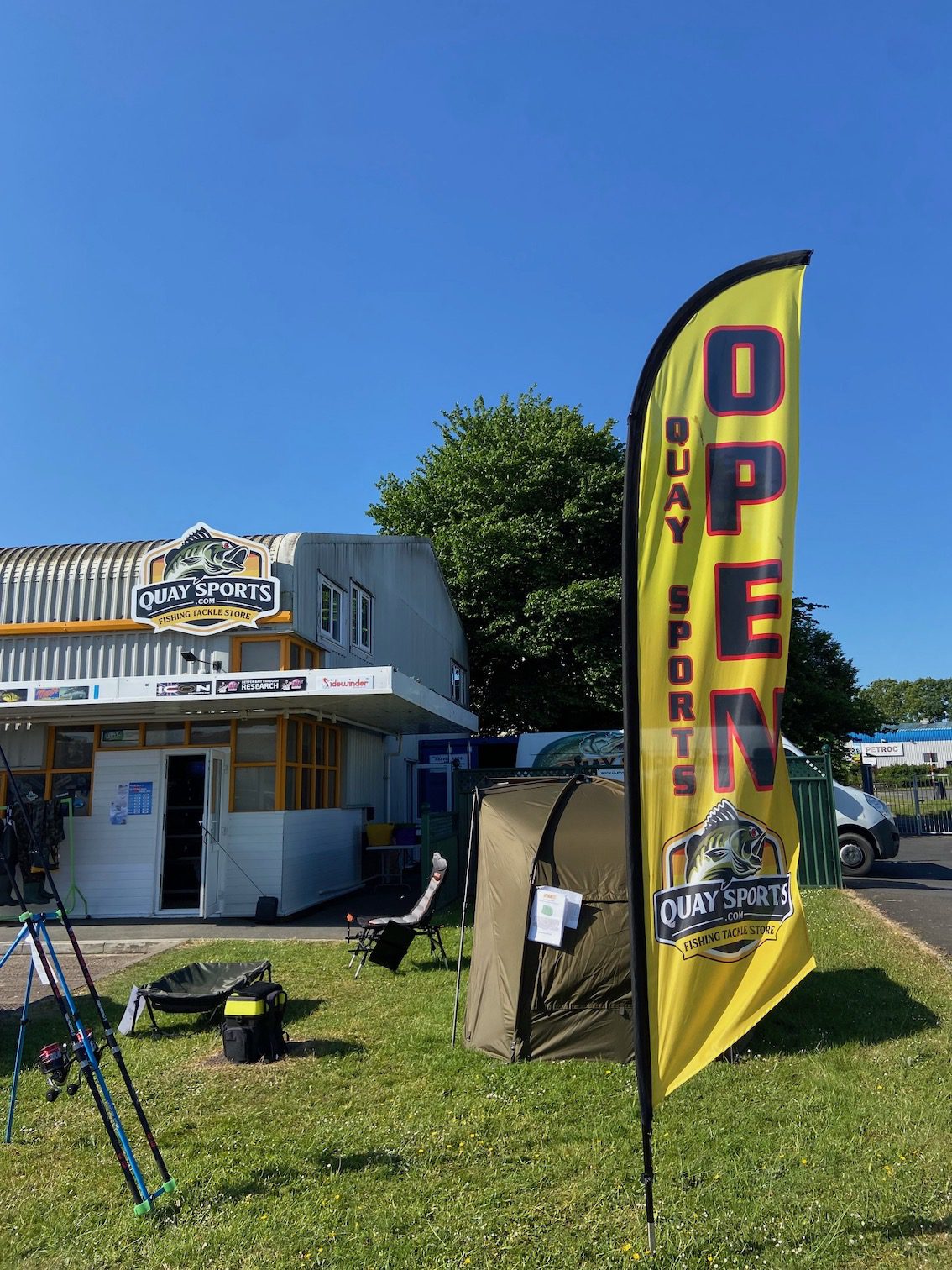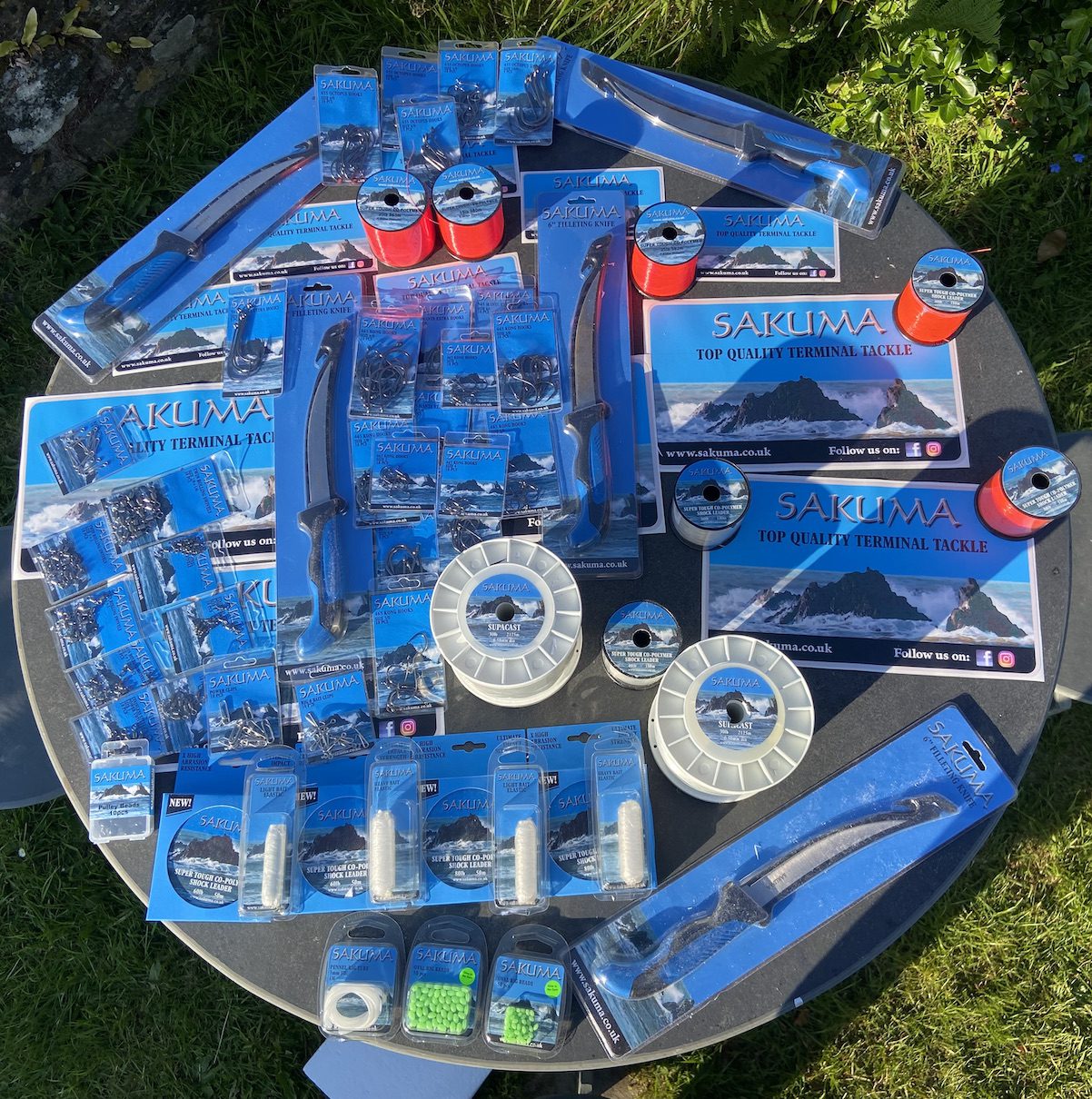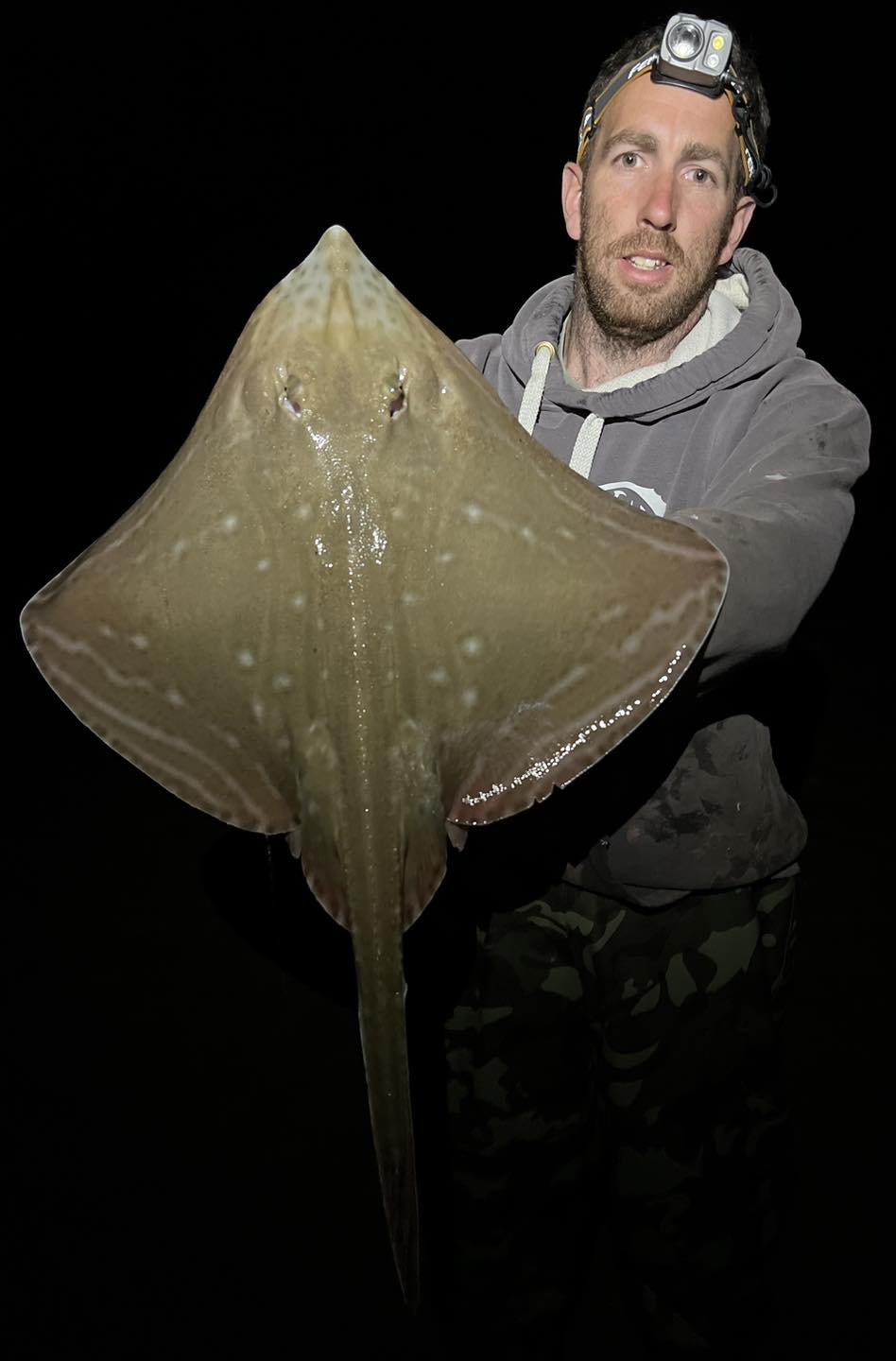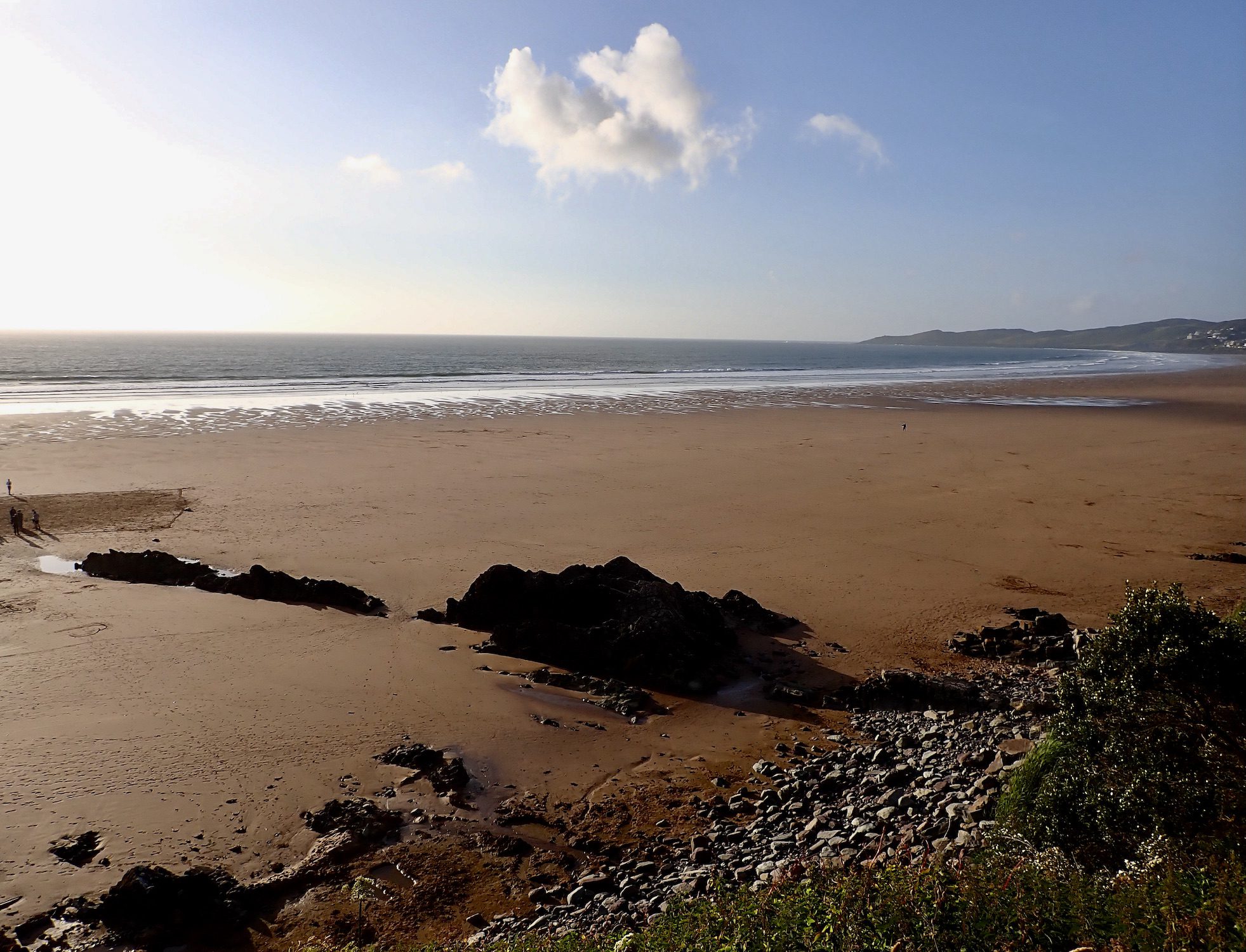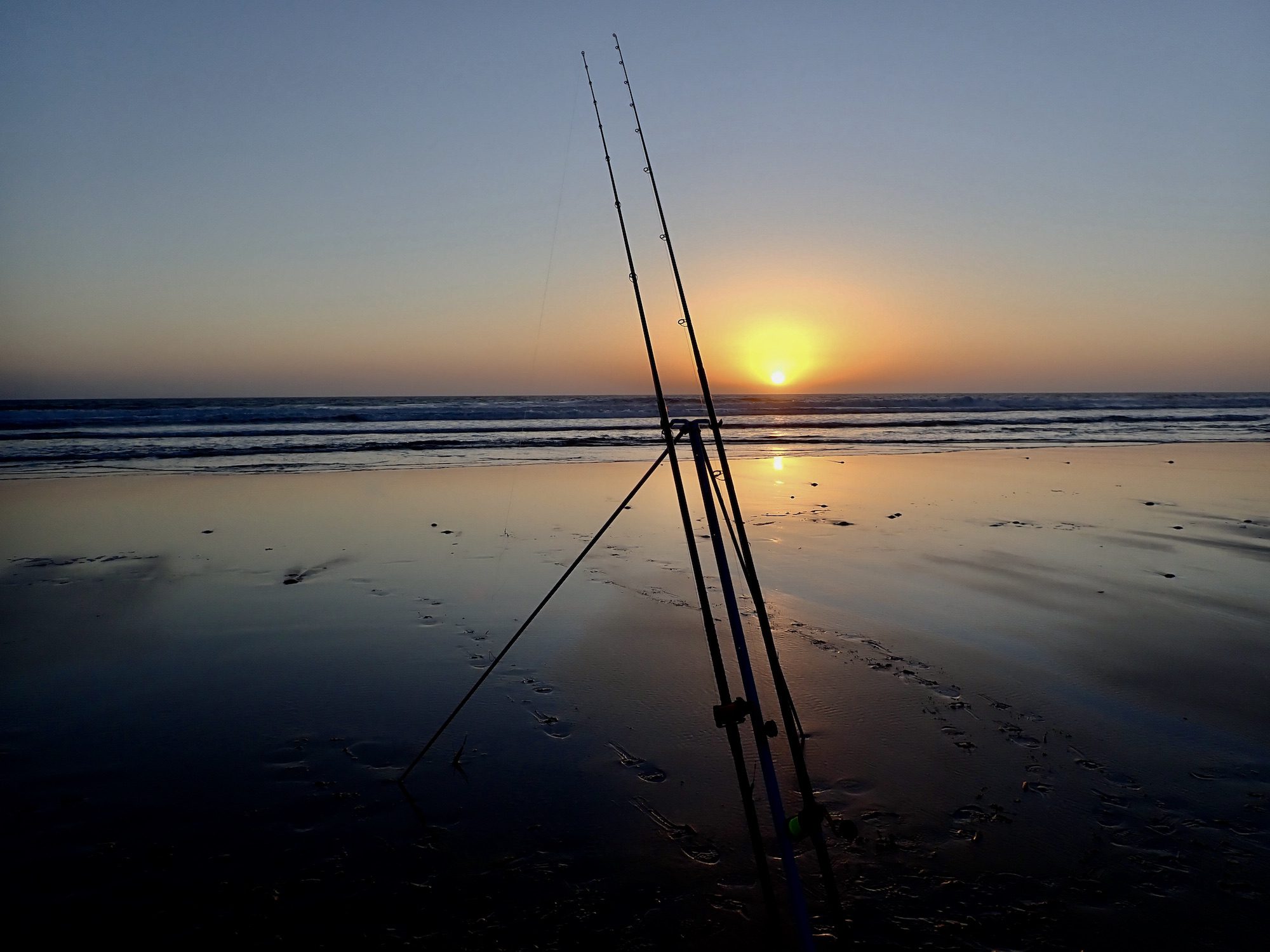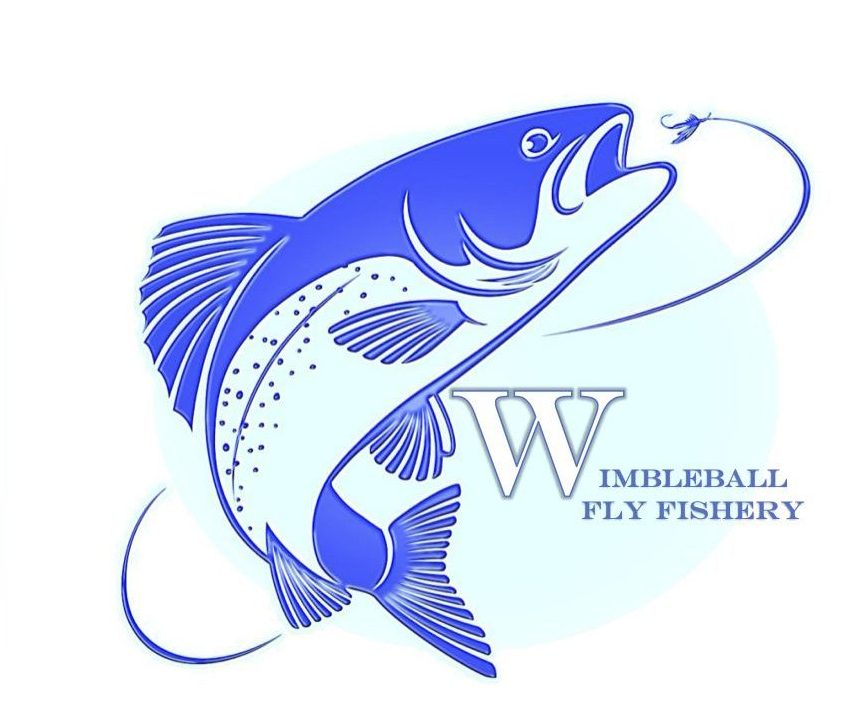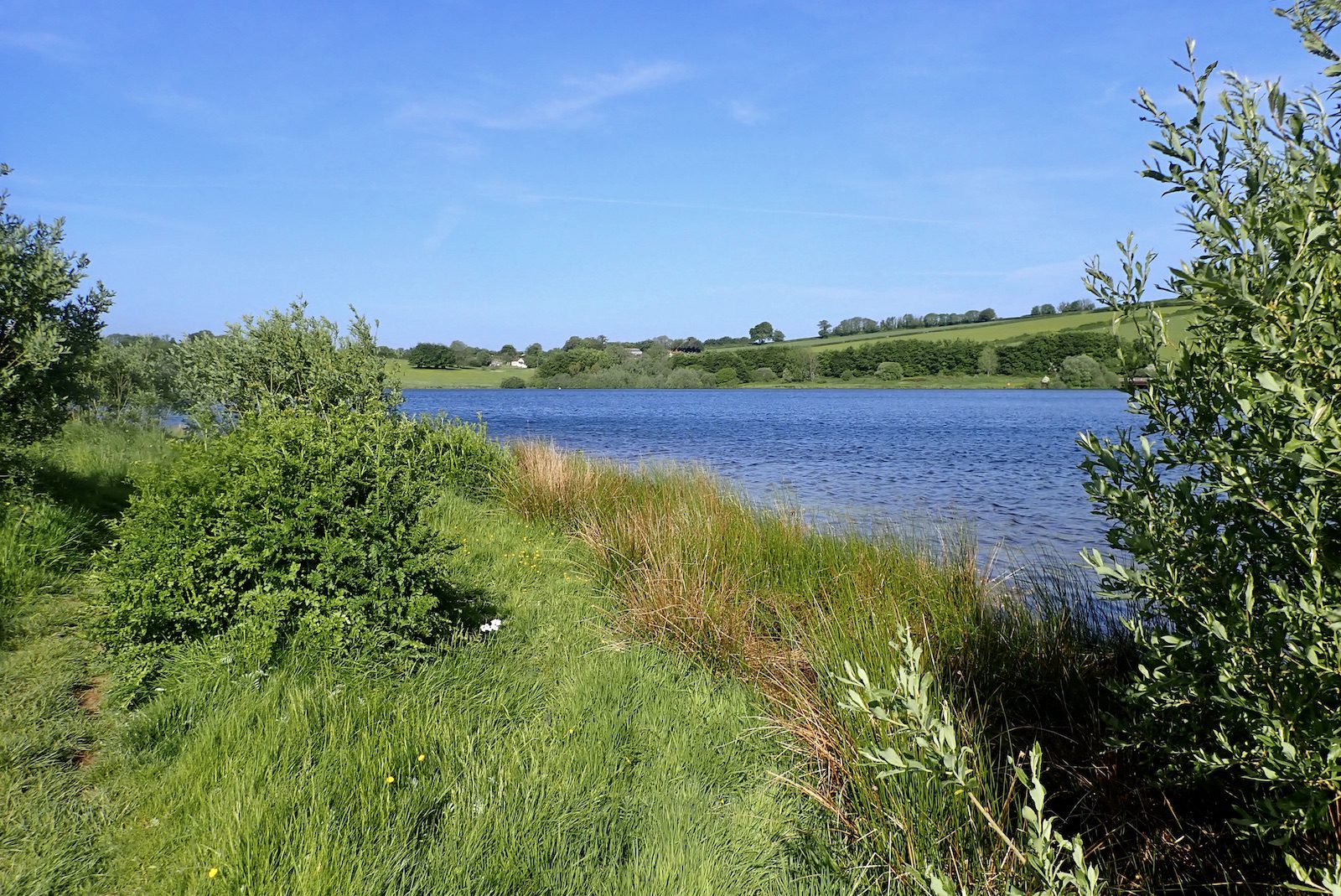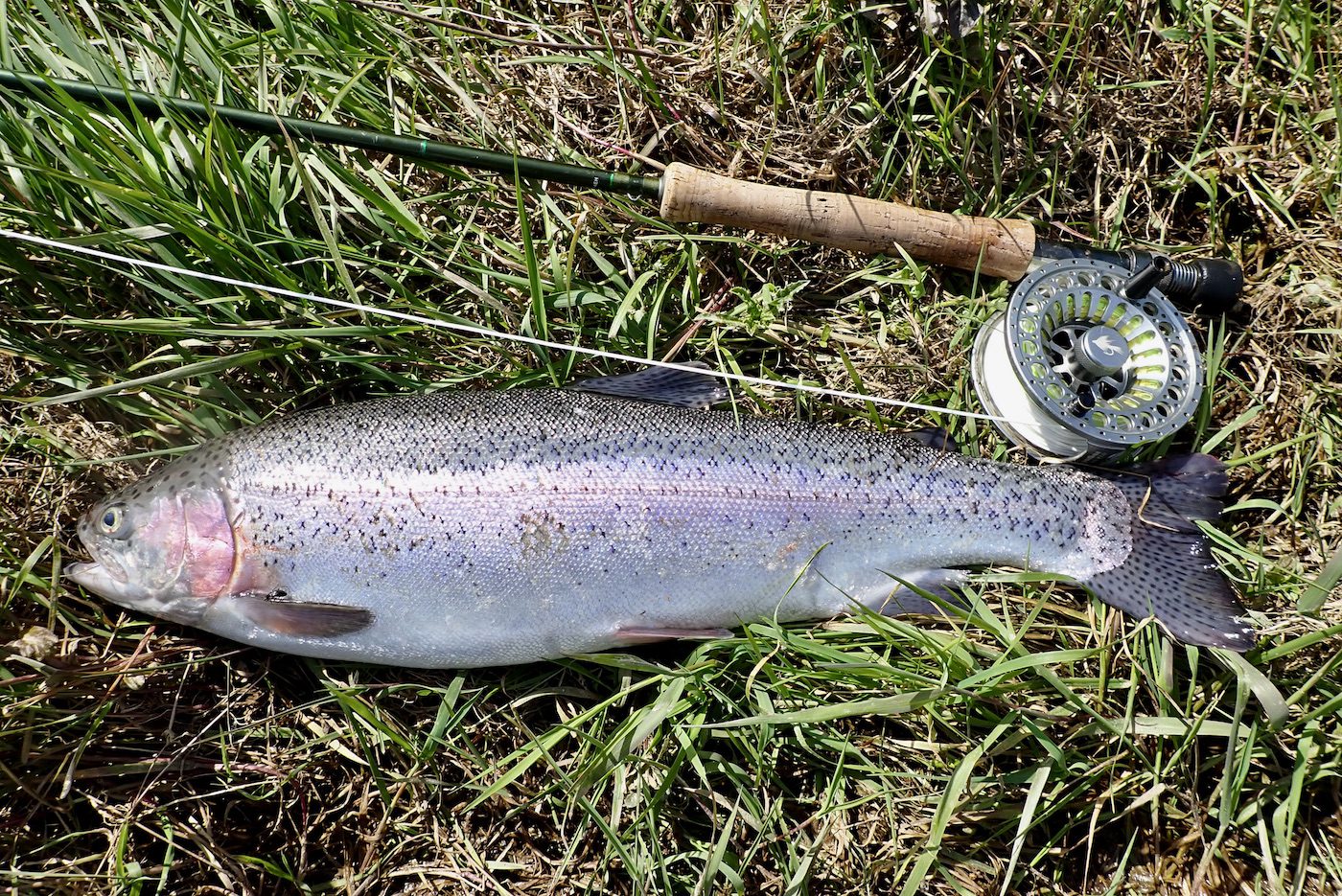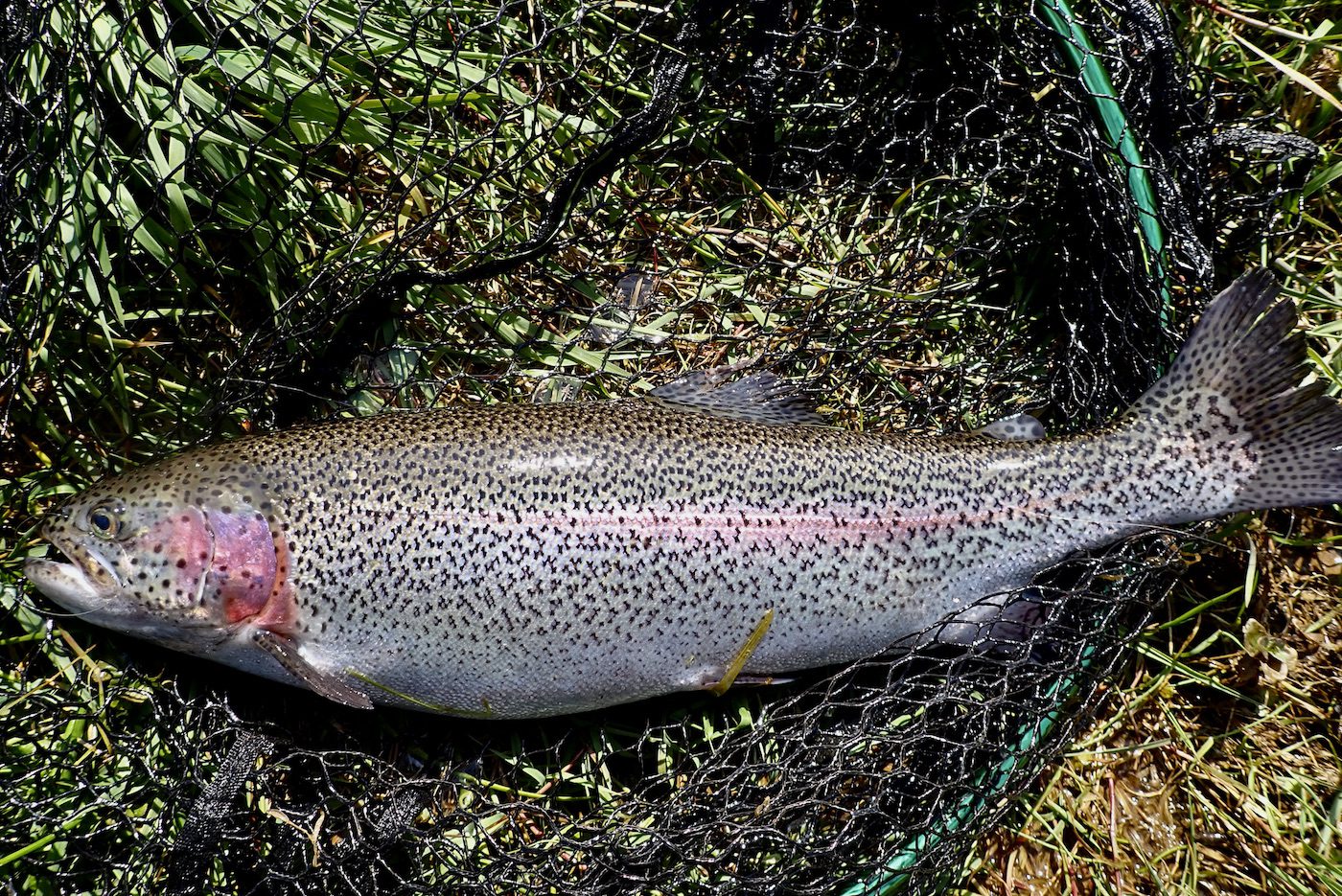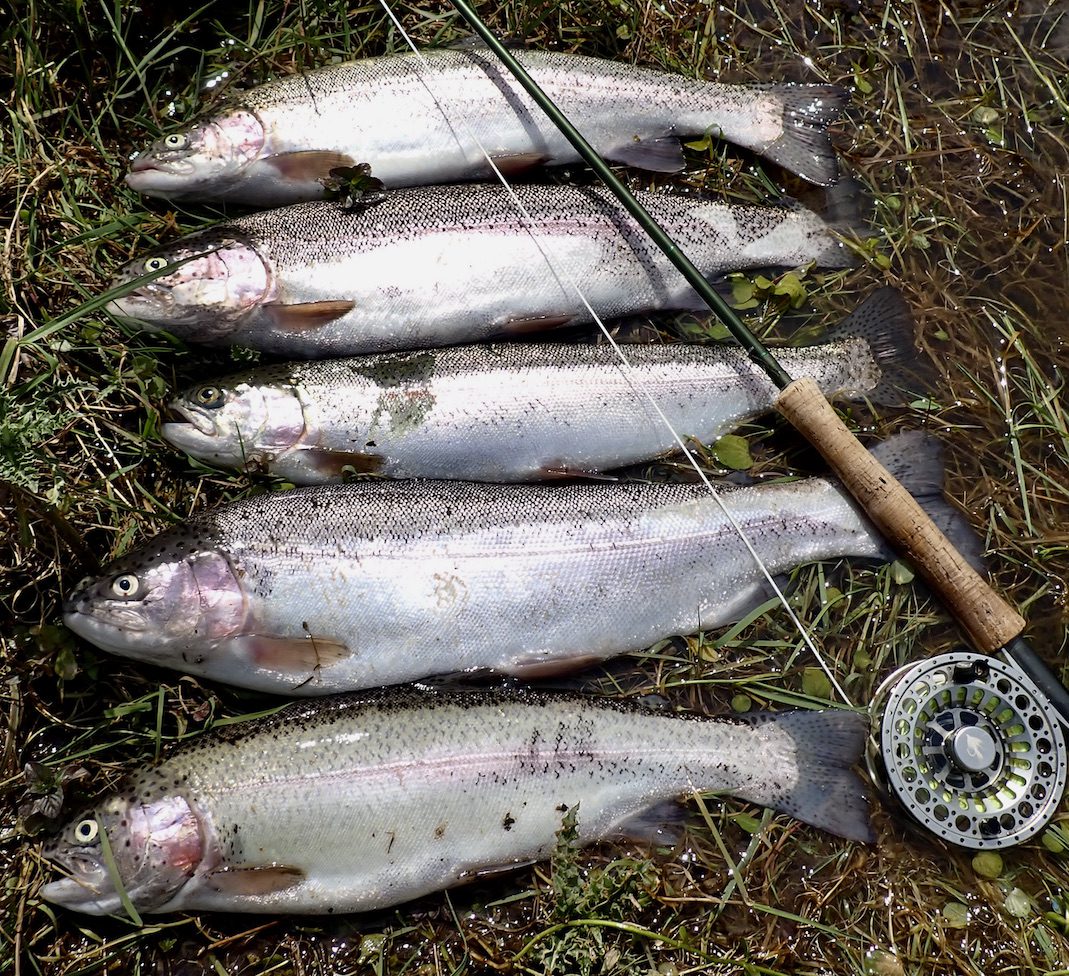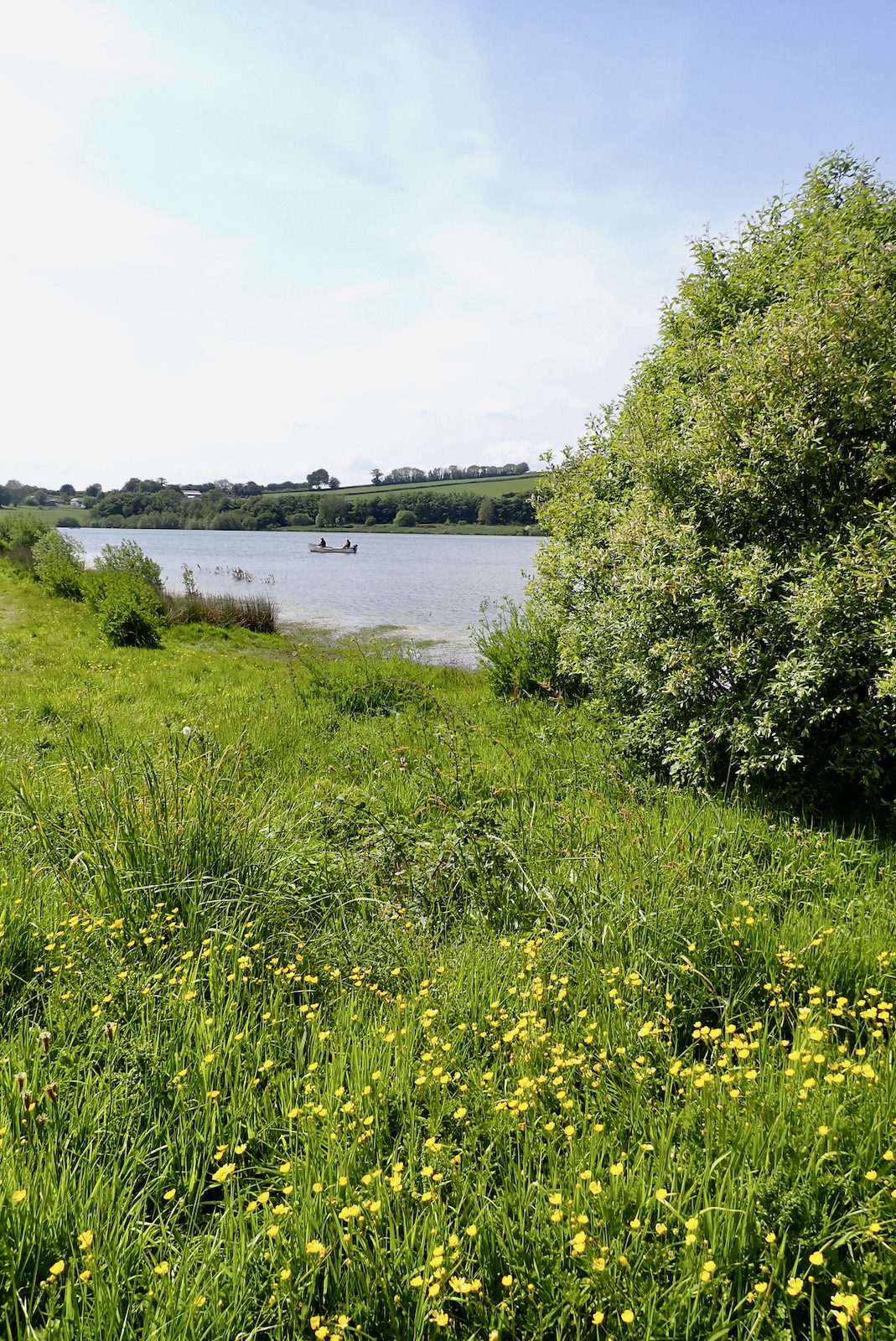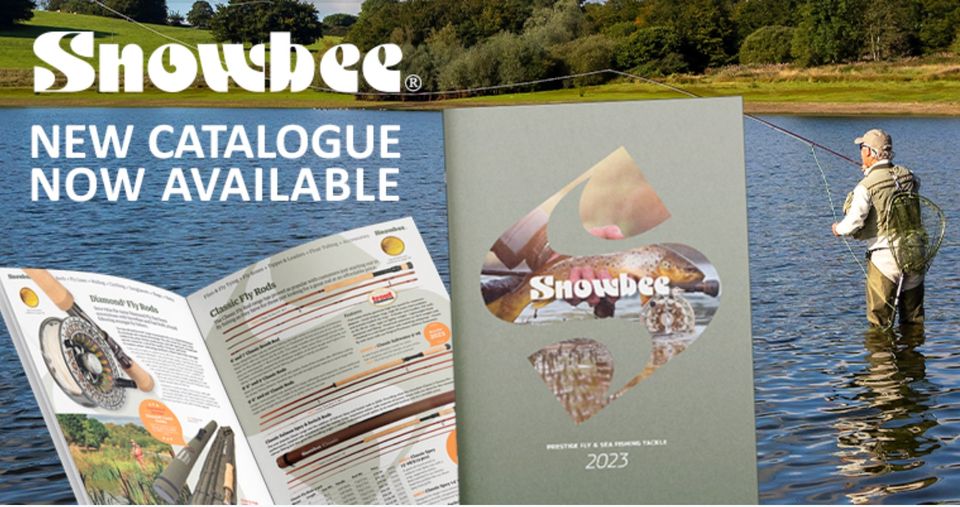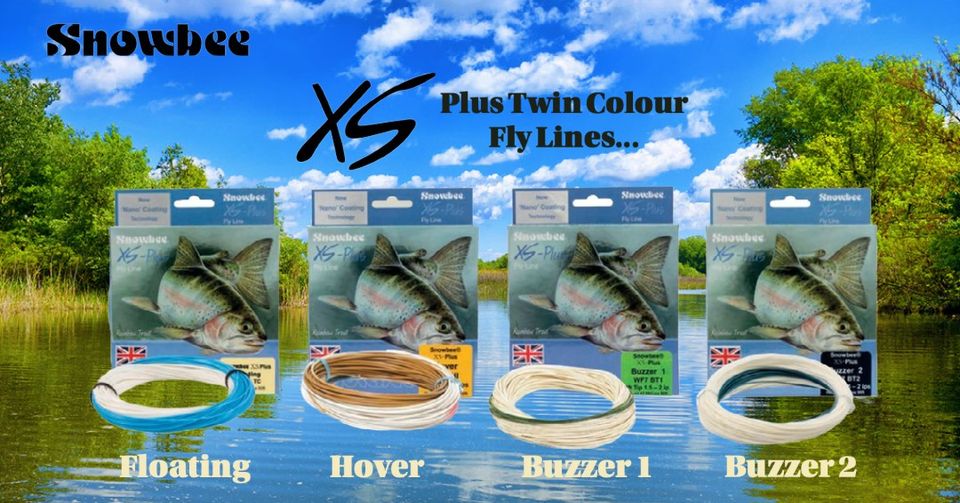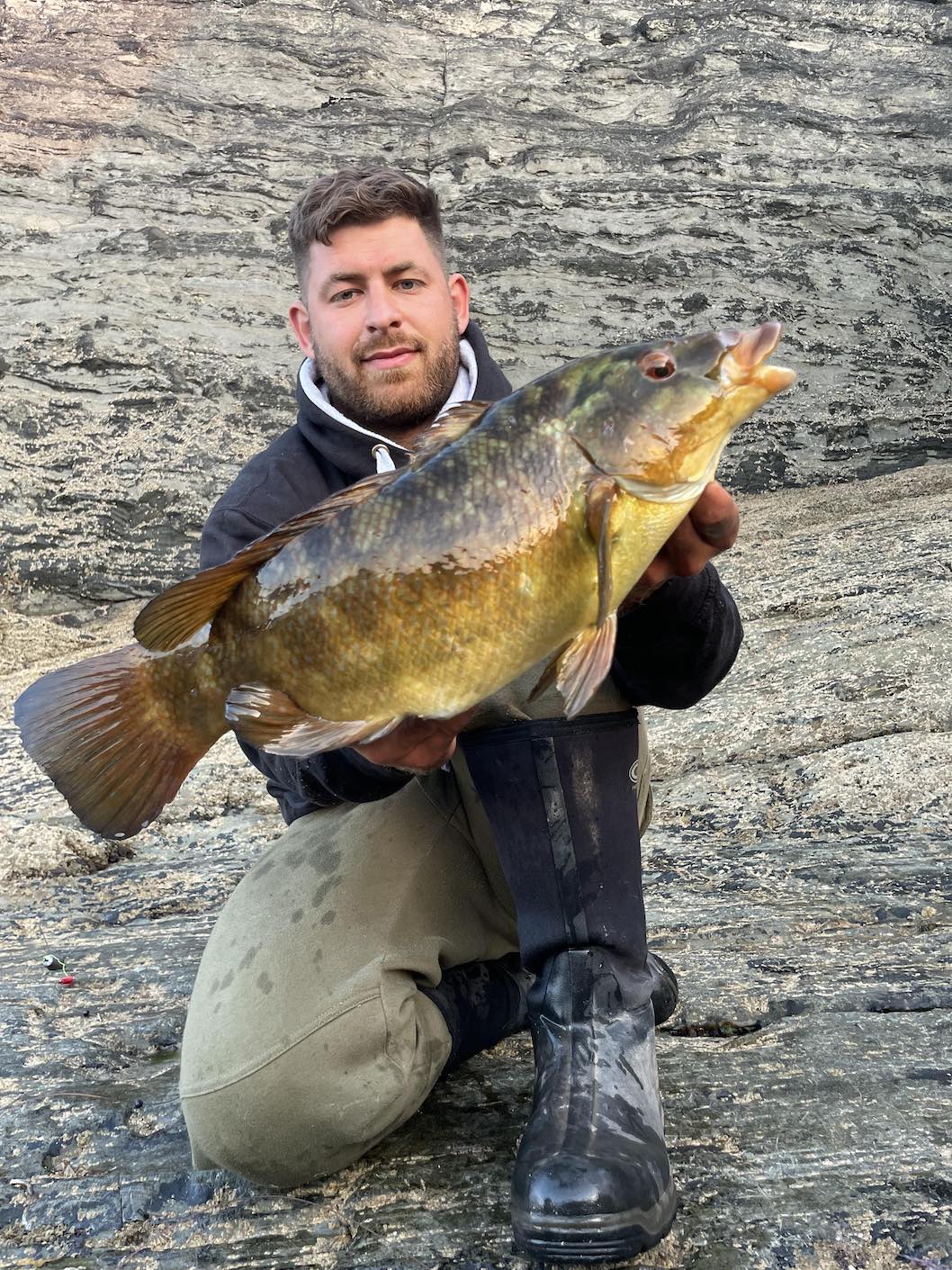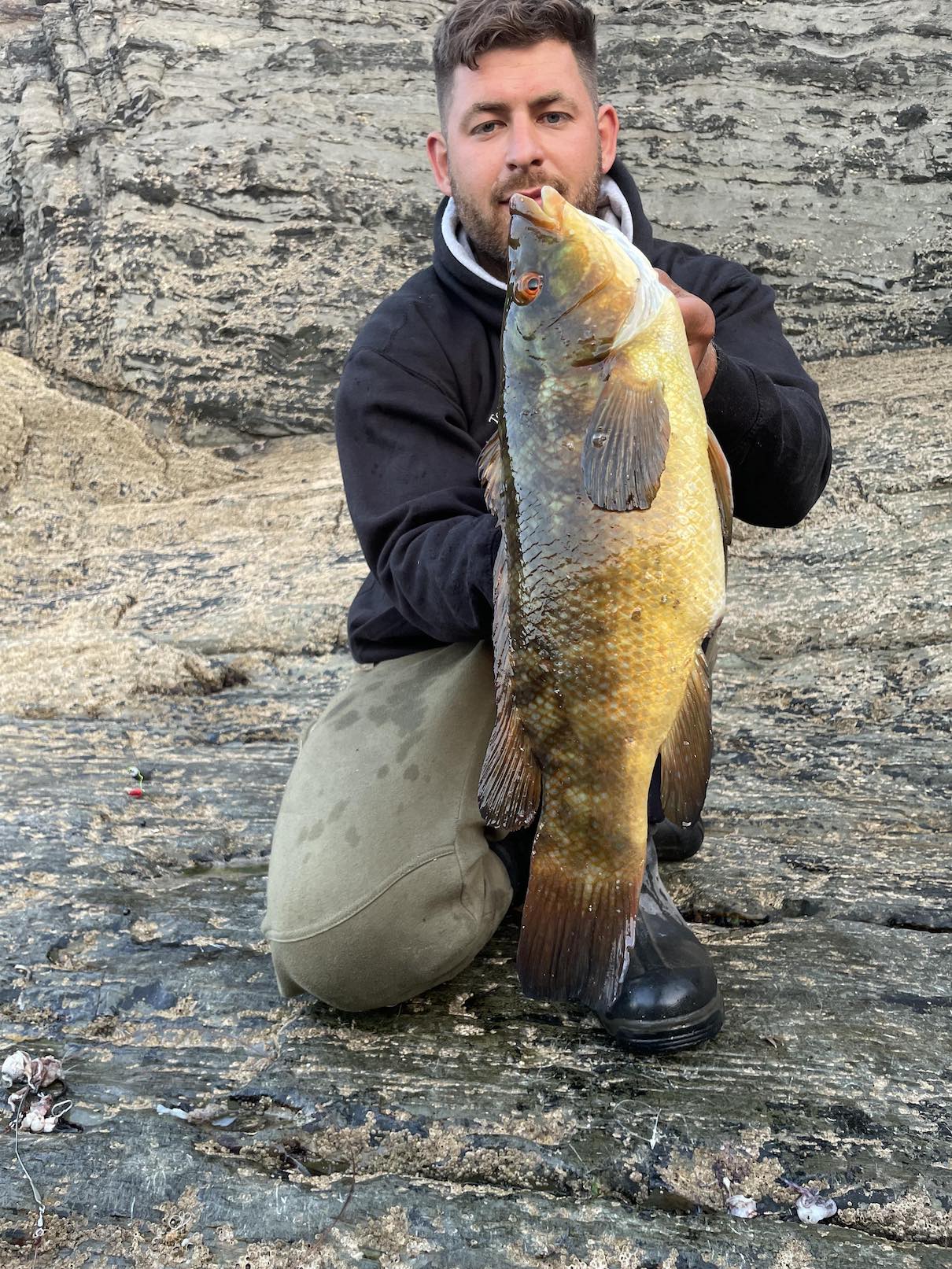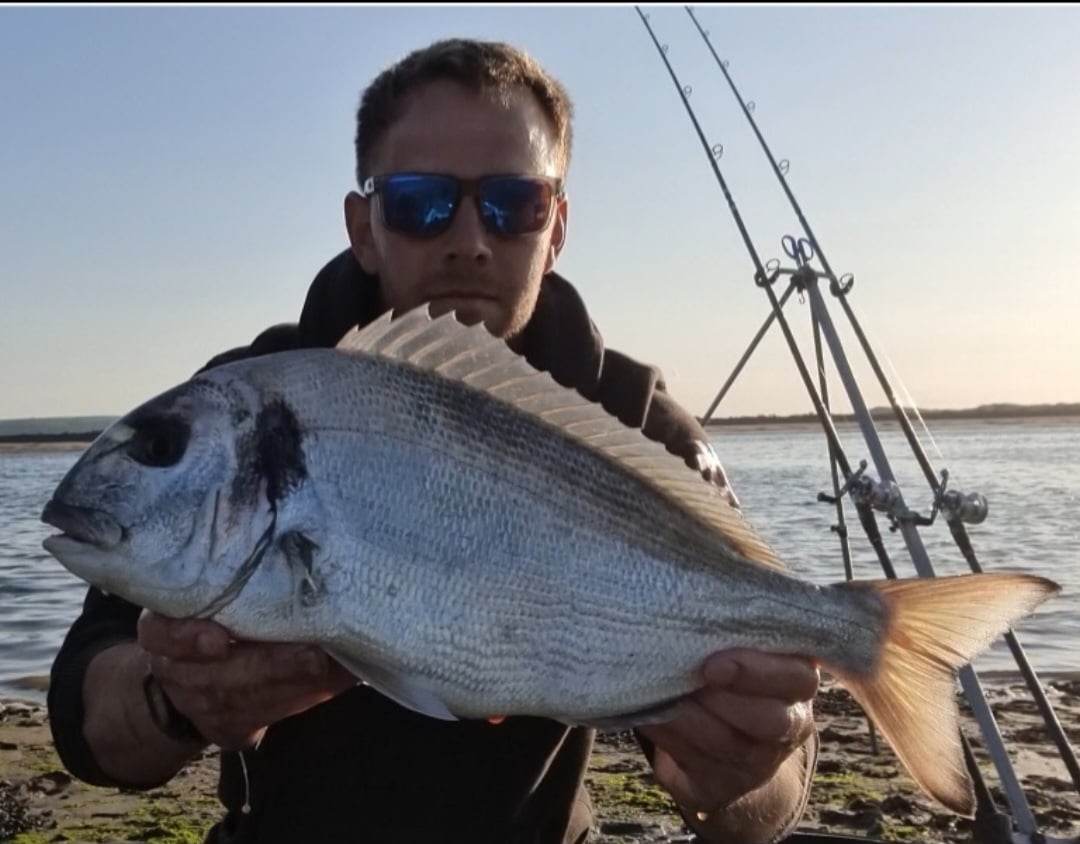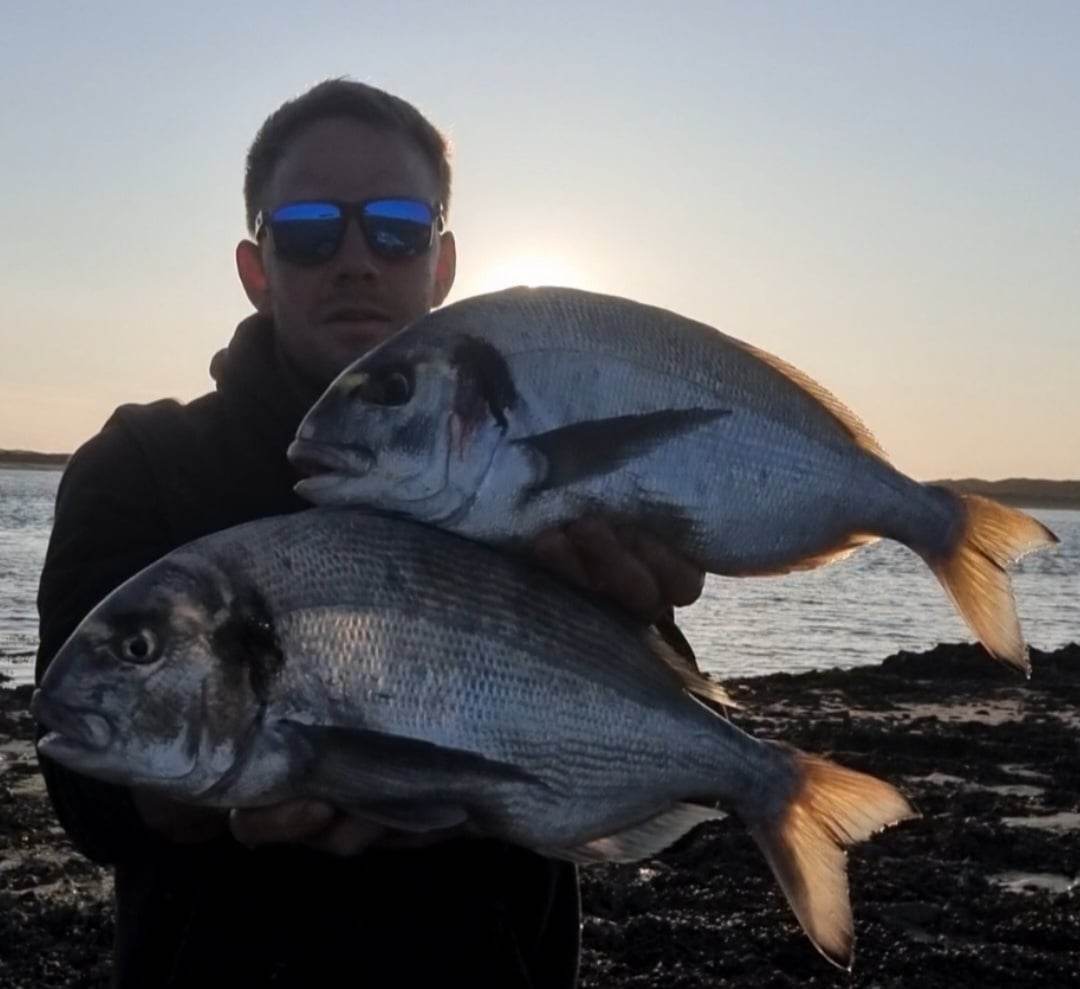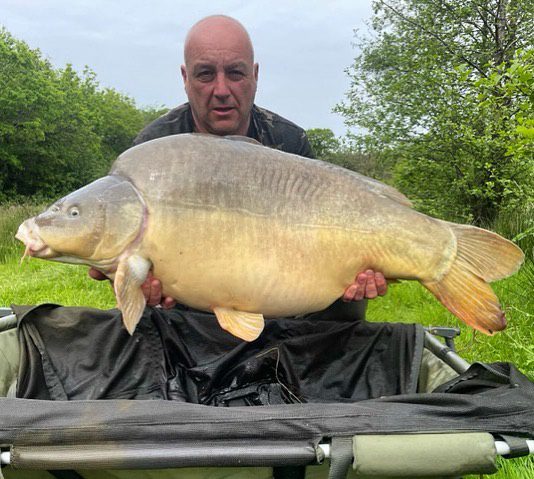
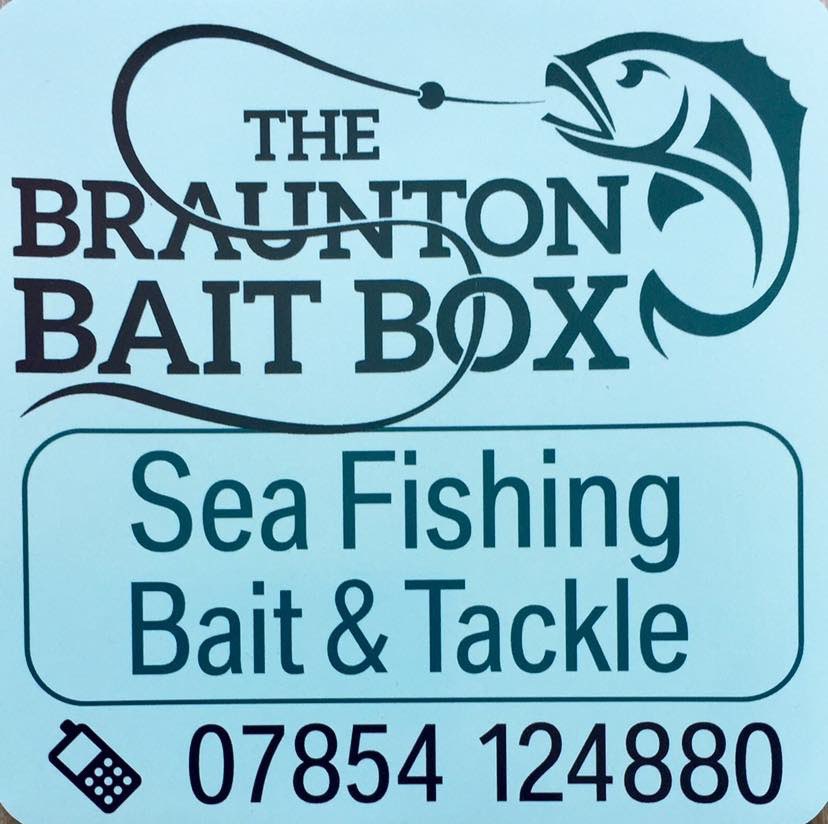
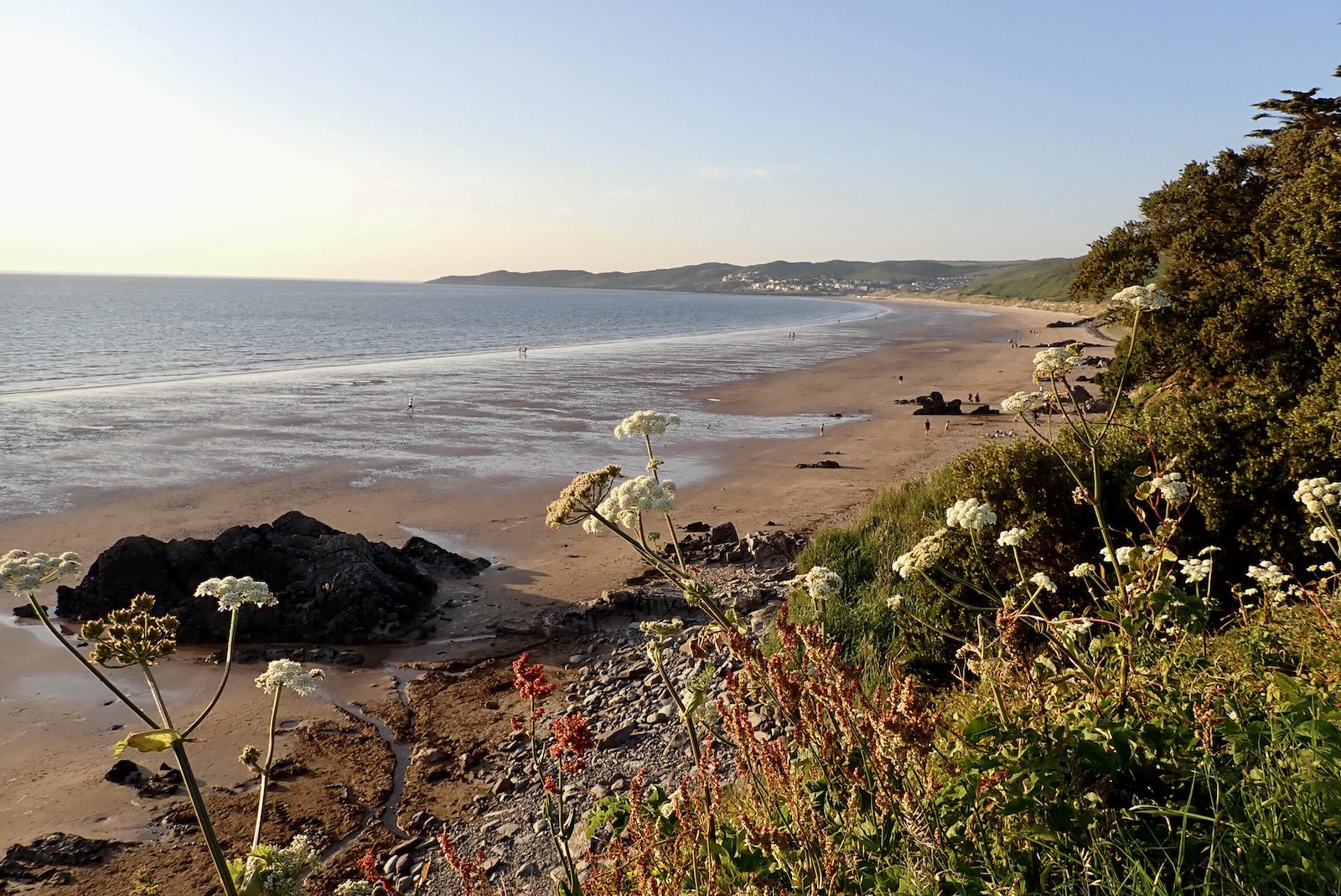
Before proceeding to the results and write up Combe Martin SAC would like to thank the sponsors of the event : SAKUMA, QUAY SPORTS and BRAUNTON BAIT BOX the sponsors provided a superb prize table that I feel sure those fortunate to collect prizes can testify to. The club would also thank the owners at Putsborough for permitting the club to hold the event each year. And of course a special thanks to the anglers who come each year and support the event.
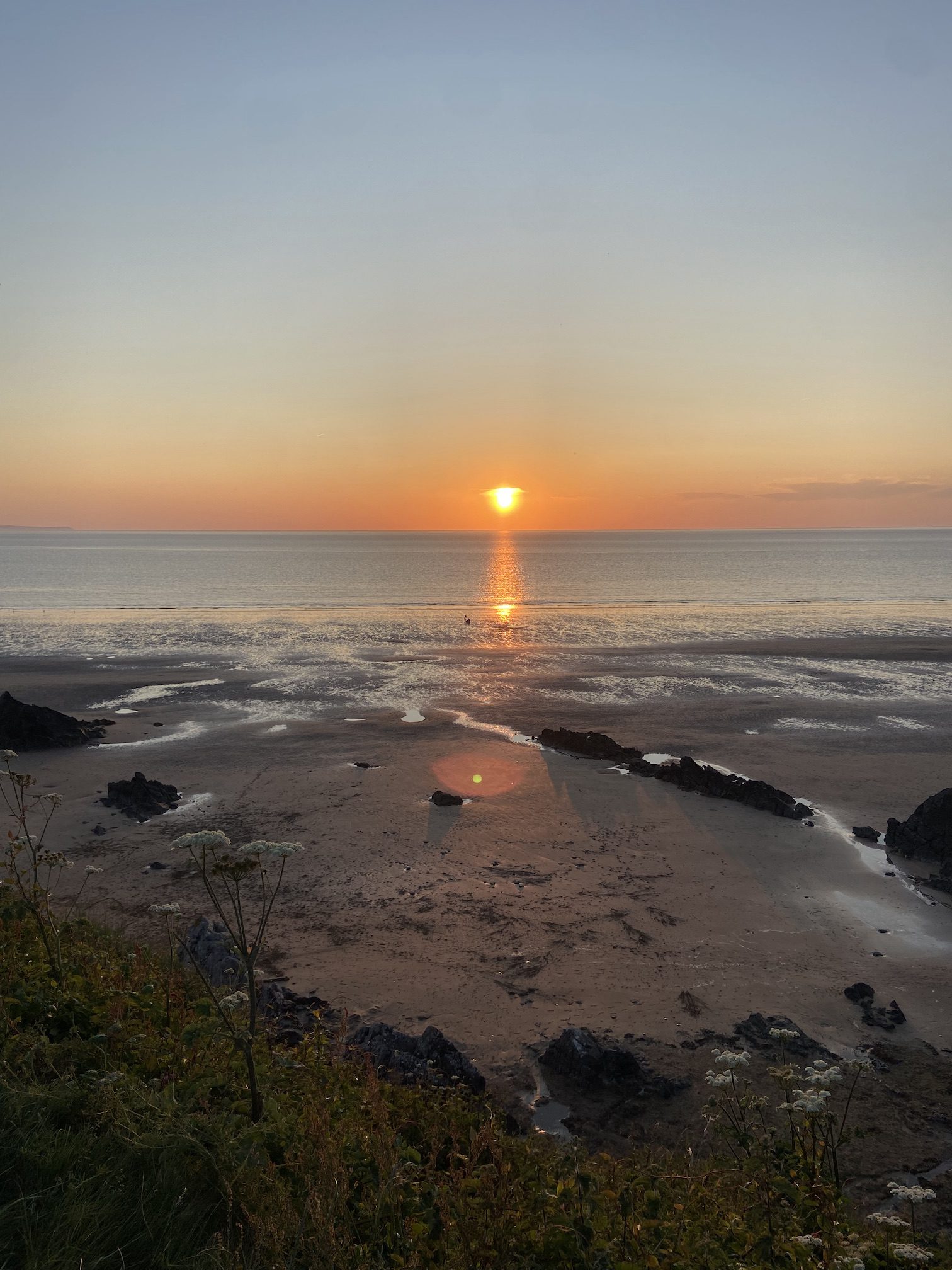
PUTSBOROUGH 2023
Ray and hound bonanza
As I share in the organisation of this event with Combe Martin SAC I always set out on the evening of the event with a degree of trepidation. Having set the date back at the start of the year there are always unforeseen circumstances that can cause issues on the night. The weather is always a major factor and this year it proved to be ideal for the venue with a light North Easterly breeze coming over our shoulders. We had also managed to miss any major clash with sporting or national events that have conspired in the past. The FA Cup Final, Derby and Cricket Test all completed well before competition start time! I remember one year when England qualified for a major football event! Now how could we predict that ! Fortunately, King Charles had scheduled his Coronation a few weeks early unlike her majesty who forced us to reschedule a few years ago with a golden jubilee celebration weekend.
The event is of course dictated to by the tide times with a small window of opportunity in early summer or late Spring when Low Water falls at a reasonable time coinciding with darkness yet not too late allowing everyone a few hours’ sleep before embarking on Sunday life.
I and CMSAC are always very grateful to the sponsors who invest in the event each year donating a wonderful array of prizes.
SAKUMA, QUAY SPORTS, BRAUNTON BAIT BOX & TEIGN BAITS
I must give special thanks to Craig of Braunton Baits who sorted the top ring of my rod at very short notice. On driving away from home; I noticed that the insert was missing from the top eye of my rod. I rang Craig who offered to repair the rod if I popped into his shop and workshop on the way to the competition.

I arrived at Putsborough and exchanged cheery greetings with Trevor on the gate commenting on how quick the past twelve months had flown past.
Club secretary Nick Phillips was already in place at the bottom of the car park greeting the keen early arrivals. As entrants trickled in it was good to catch up with familiar faces. It was surprising how many stated that it was their first trip out to the seashore in several months some even saying it was the first time since last year’s event. This surely highlights the importance of these fixtures in the local angling calendar. Fishing is of course highly contagious and enthusiastic trip plotting spread amongst the growing groups of anglers.
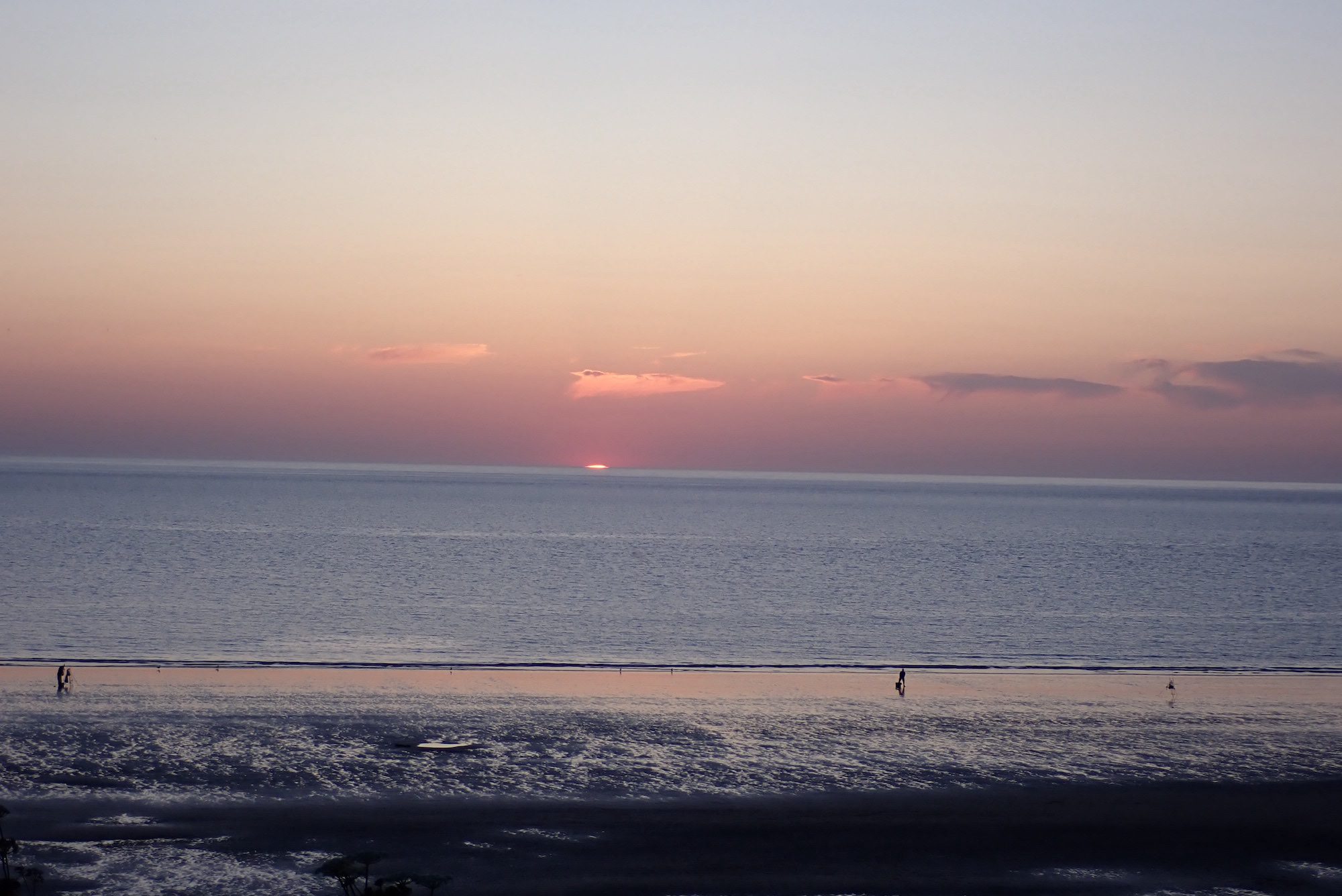
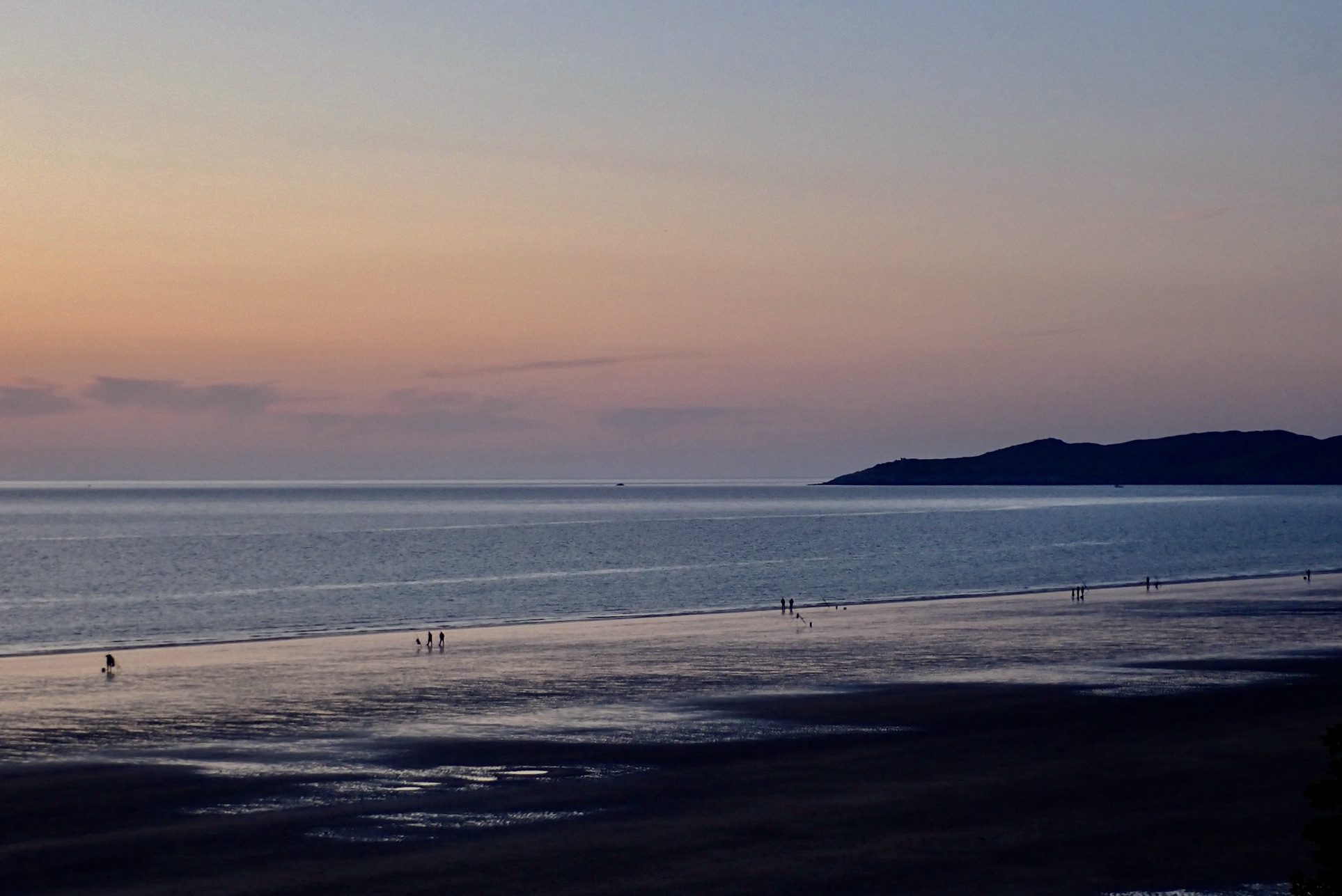
As the sun slowly sank beneath the horizon cast off time loomed and participants set up their stalls along the beach. At 10:00pm thirty nine anglers launched baits out into the retreating tide.
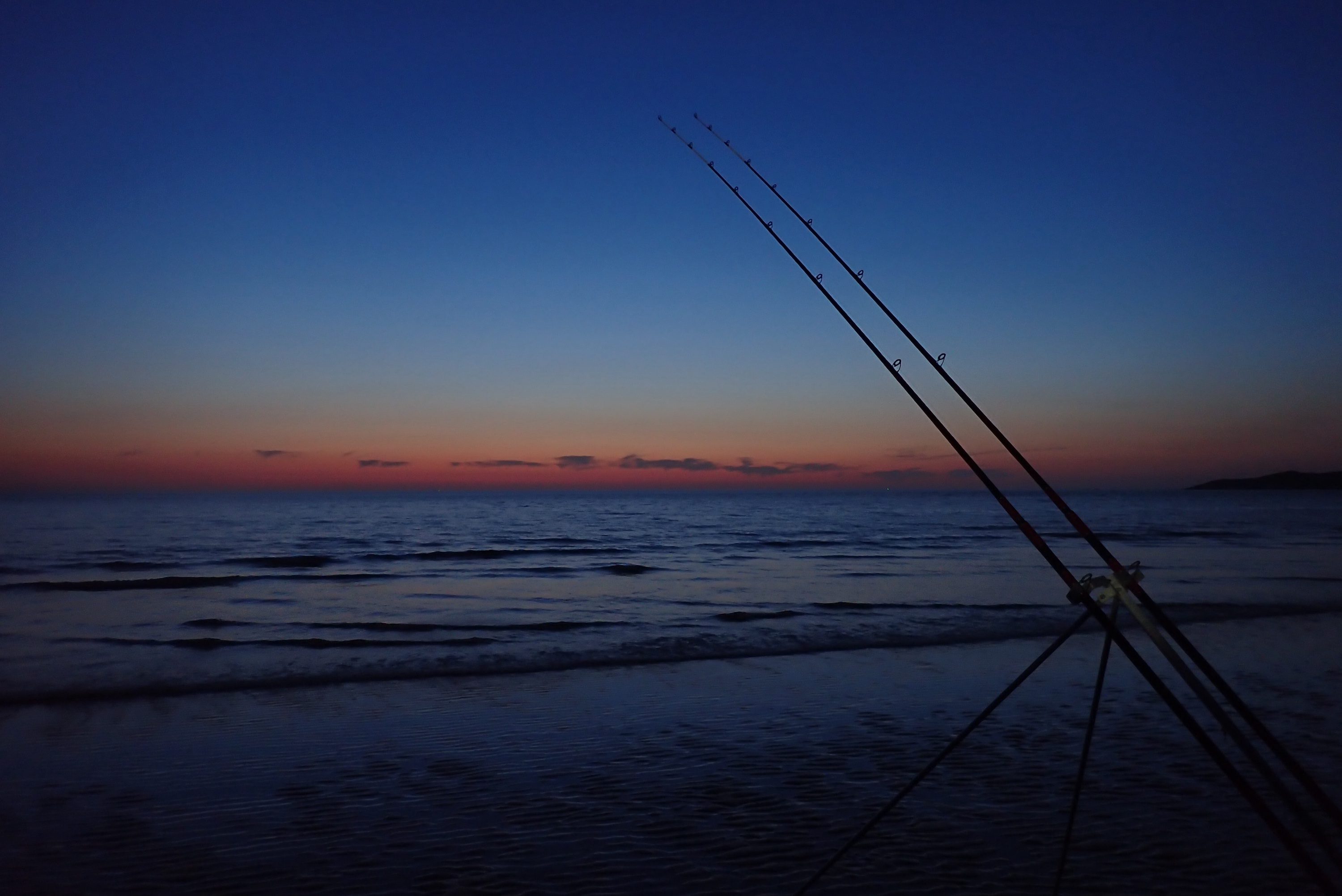
Nick and I had set up in the unfavoured zone close to the west end of the beach. On the first cast my rod tip nodded setting the scene for the rest of the evening during which I would reel in close to a dozen small dogfish.
The tide ebbed down to low water shortly after midnight and rumours of good fishing further along the beach started to circulate via mobile phone chatter.
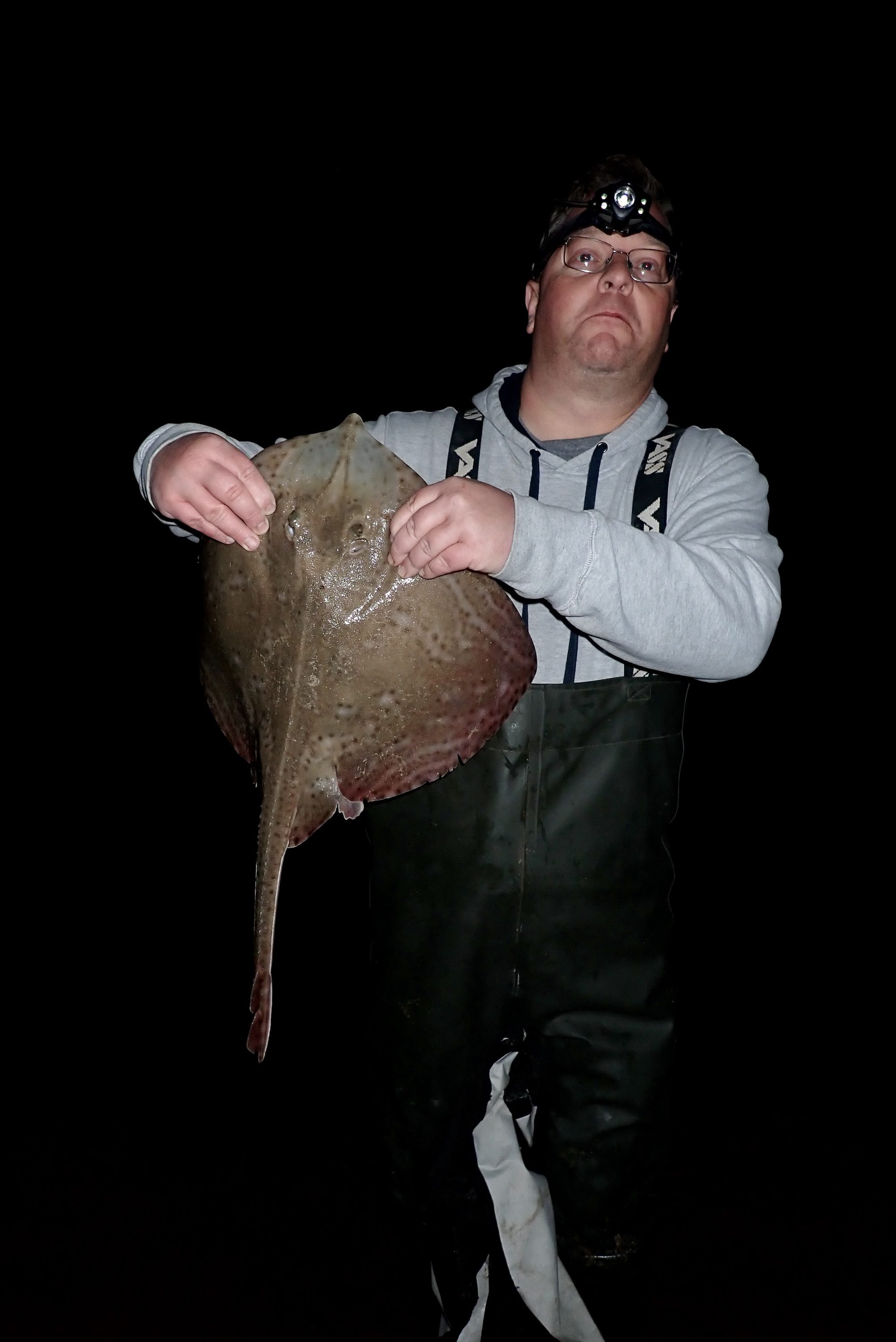
It was a perfect night to be on the beach a gentle breeze, a flat calm sea and a strawberry moon rising above the hills behind illuminating the waters of the bay.
What’s in a name? That which we call a strawberry moon, by any other word would smell as sweet.
June’s full moon, also known as “strawberry moon,” is coming up Saturday evening, reaching its peak at 11:42 p.m. ET. It’s expected to be big, bright and golden — a fine way to celebrate the beginning of summer.
High on the hill above Woolacombe a ring of lights shone brightly and music from a Spring Festival event drifted out across the vast sandy expanse of Woolacombe and Putsborough. Anglers’ headlights twinkled at the water’s edge and I wondered what had been caught this year.
Put forty or so anglers on a beach and each year the results are different with the occasional surprise. I well remember one year when Kevin Legge caught a tope of over 40lb that I was privileged to help him land in the surf.
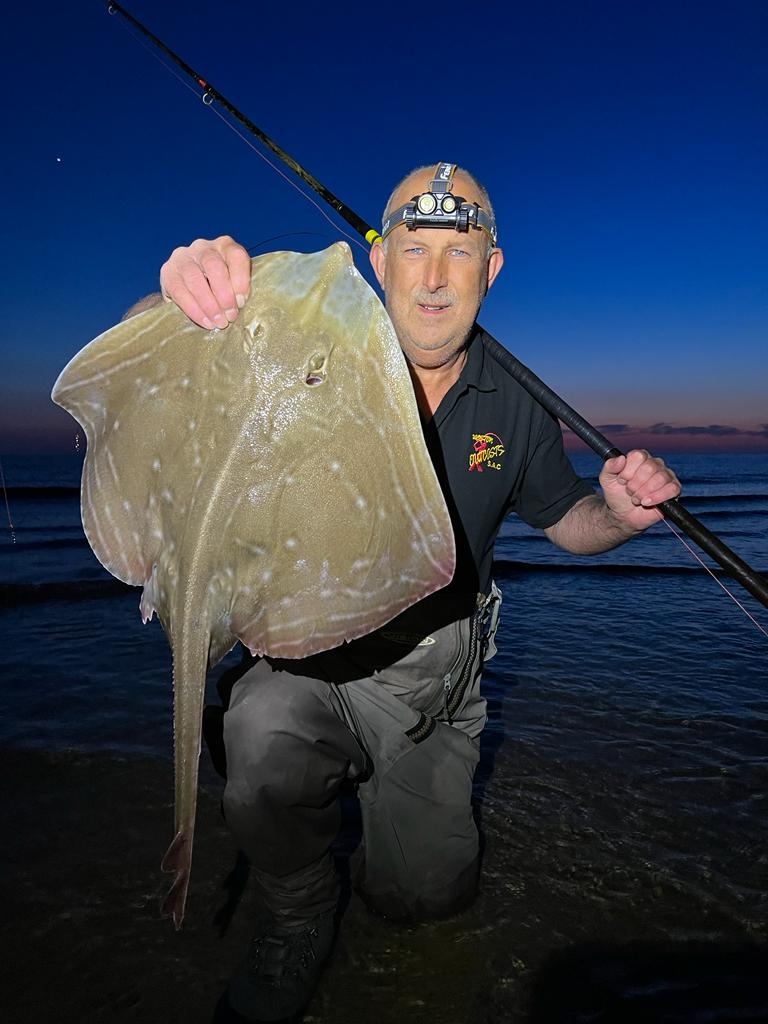
There is always the concern that few fish will be tempted but fortunately over the years there has never been a complete blank.
The species caught do fluctuate a lot and a regular event like this is useful in monitoring change in the marine eco system. When we first held the event close to forty years ago smoothound were seldom weighed into the match with small eyed ray and dogfish dominating. Surprisingly bass have seldom featured in results.
Nick and I made sure we were back at the meet up point before fishing was due to end and I hurriedly assembled the prize table layout.
As anglers arrived back the buzz was apparent and cheerful banter indicated good fishing had been enjoyed by many.
I always find the collection and sorting of results stressful. This year the entry forms flooded in with fish galore written hurriedly upon the crumbled forms. It was immediately apparent that this had been a fishing bonanza. Each fish had to be checked against its relevant specimen rating. Not made easy when some had registered their weights in metric ounces! Fortunately, everyone at least adopted proper pounds and ounces.
With close to forty anglers eager to get the results and get home to bed there was a certain pressure as we filtered the results from highest to lowest. I am fully confident that we got the top three right but concede that there might have been one or two minor errors as we announced the descending order. Apologies for any but I feel sure everyone entitled to a prize received one and all bundles were great value.
We have learnt a few points for next year’s competition when we hope all will come together as summer arrives once again.
The top seventeen anglers received prizes: –
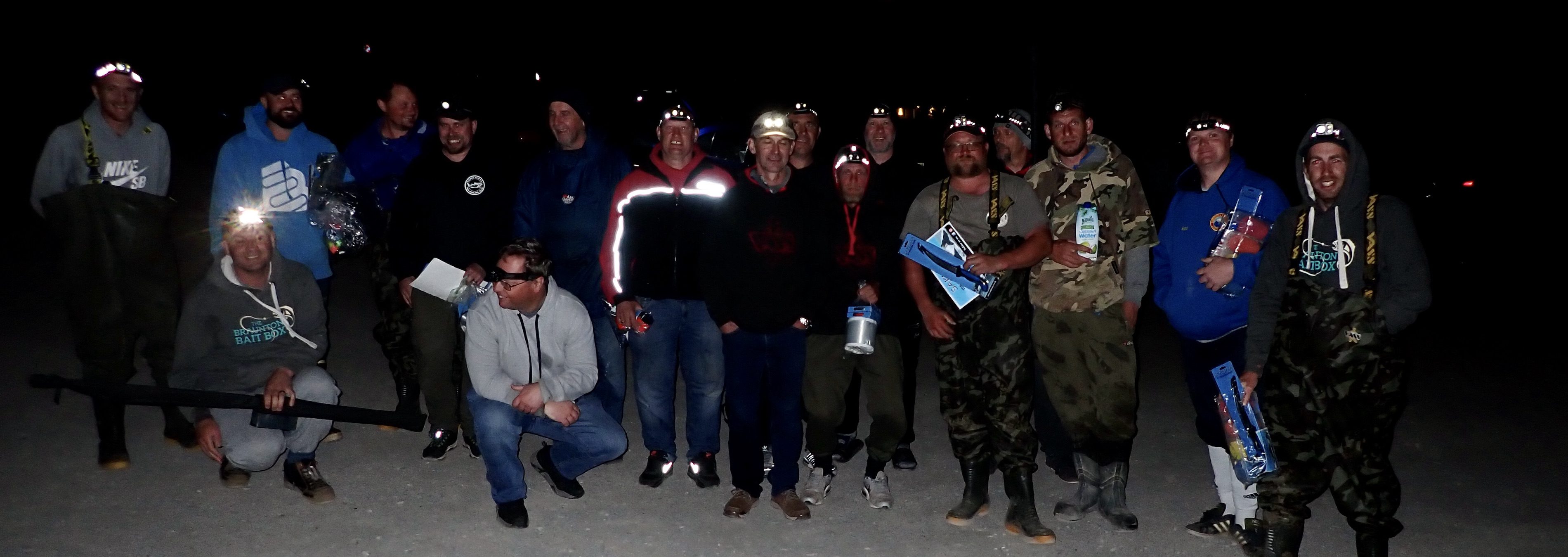
Full Results :-
1st – Steve Liddle – Smoothound 10lb 4oz – 102%
Recieved £100 plus a choice of prize and £39 pool for best specimen.
2nd – Antony Smith – Smoothouind – 8lb 10oz – 86. 25%
Recieved £50 plus choice from the prize table.
3rd – Craig Mcloughlin – Blonde ray – 10lb – 83%
4th – N. Penney – Smoothound – 8lb 2oz – 81.25%
5th – Daniel Welch – small eyed ray – 8lb 1oz – 80.625%
6th – Ross Stanway – small eyed ray – 7lb 13oz – 78.437%
7th – John Johnson – smoothound – 7lb 11oz – 76.825%
8th – Daniel Welch – small eyed ray – 7lb 10oz – 76.25%
9th – Ross Stanway – small eyed ray – 7lb 7oz – 74.375%
10th – S. Springwell – smoothound – 7lb 5oz – 73.125%
11th – John Johnson – smoothound – 7lb 5oz – 73.125%
12th – Martyn Hunton – small eyed ray – 7lb 5oz – 73.125oz
13th – J. Sendell – blonde ray – 8lb 12oz – 72.917%
14th – T. Honeywell – smoothound – 7lb 4oz – 72.5%
15th – Steve Liddle – smoothound – 7lb 4oz – 72.5%
16th – John Johnson – smoothound – 7lb 2oz – 71.125%
17th – Daniel Welch – small eyed ray – 7lb 2oz – 71.125%

